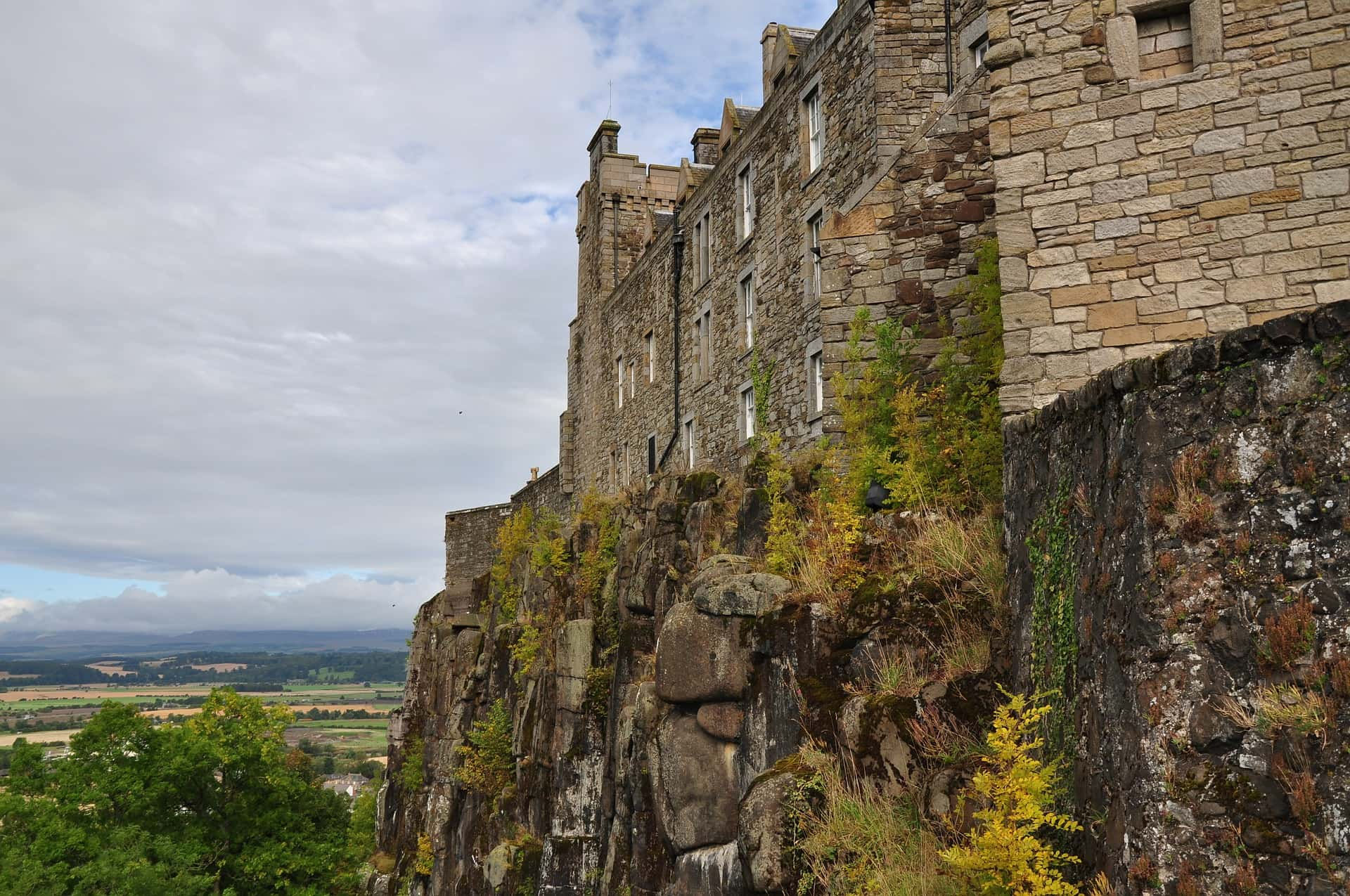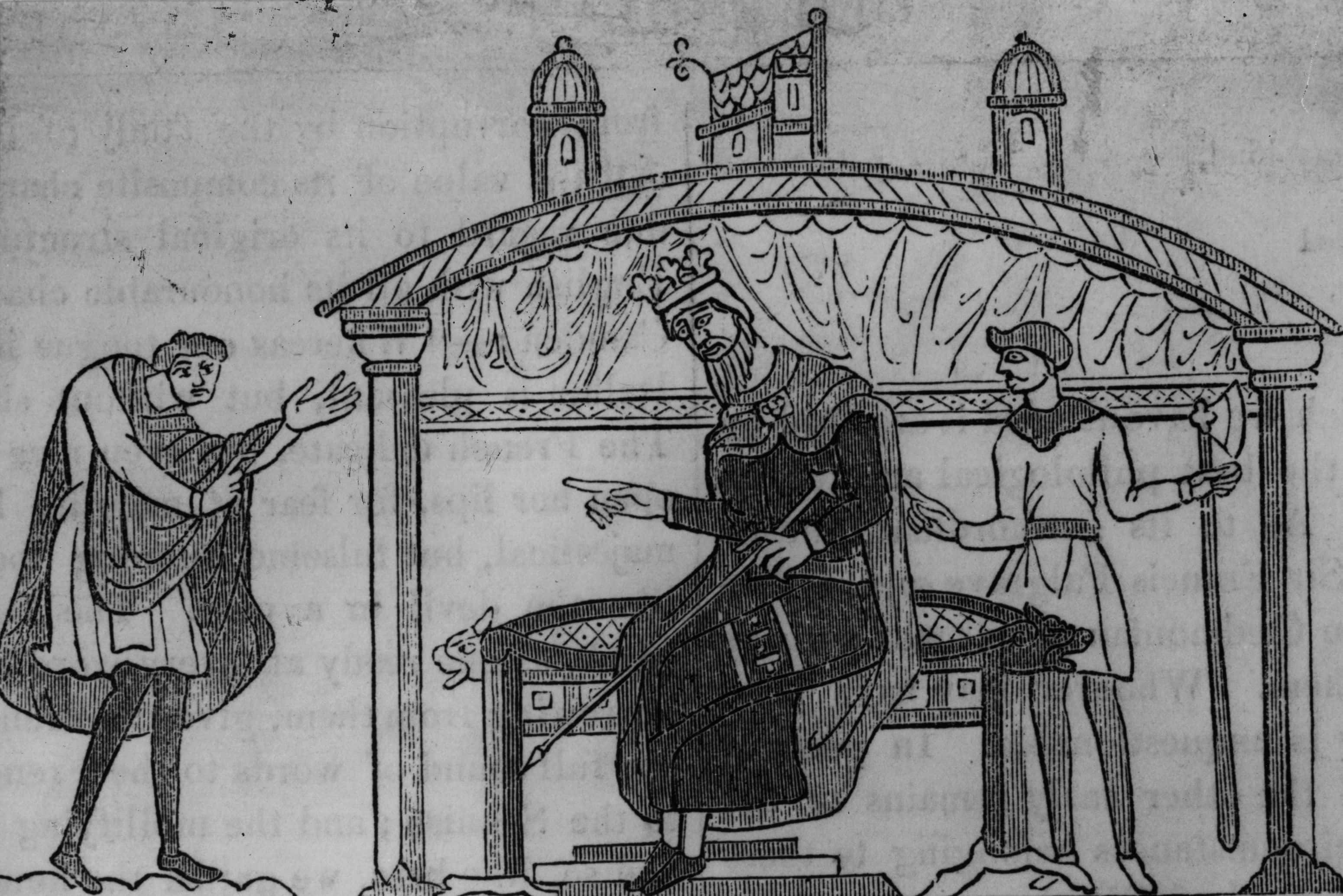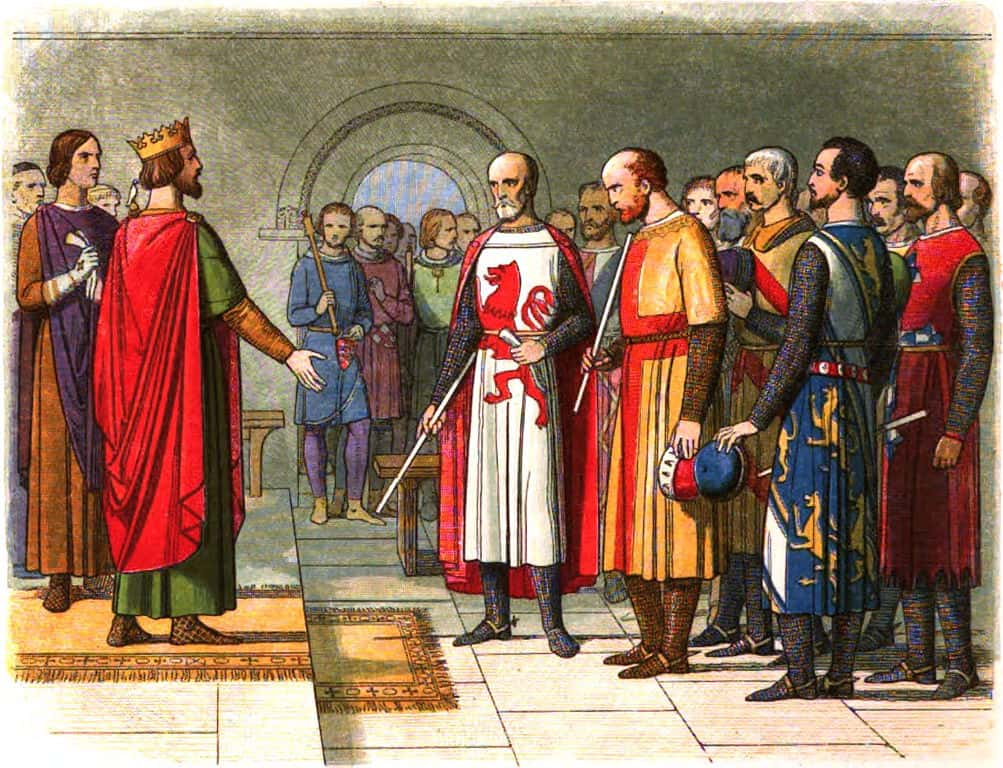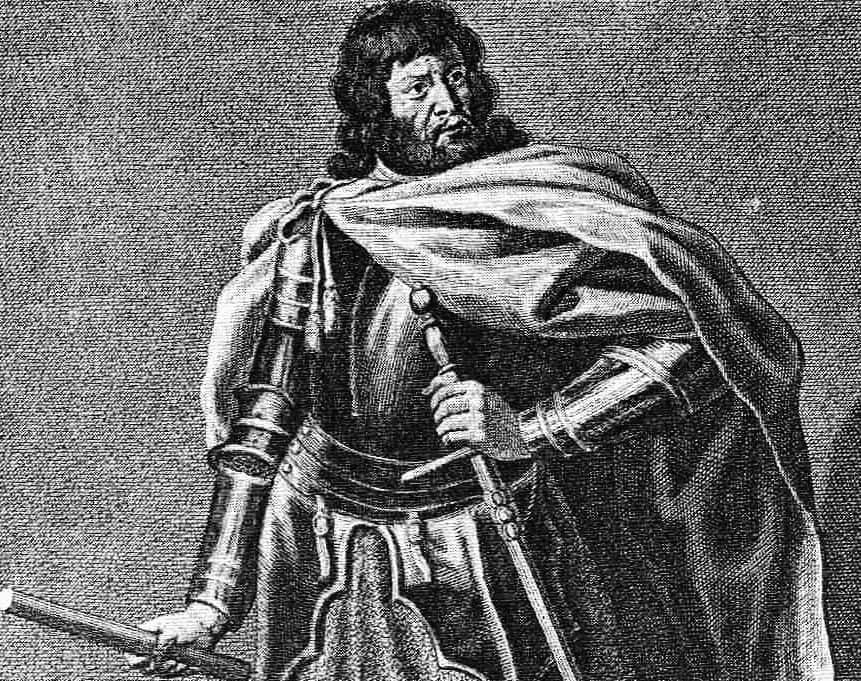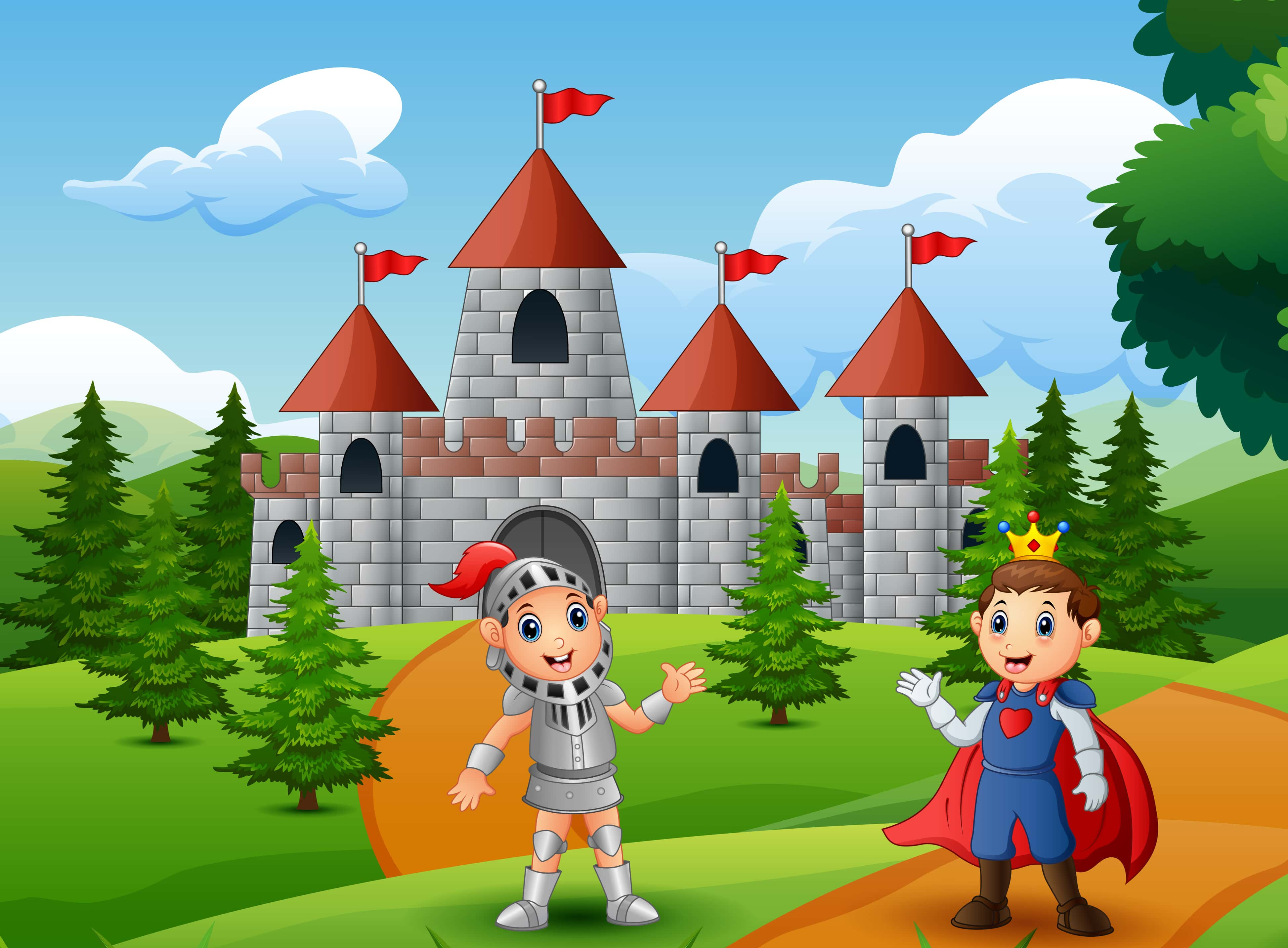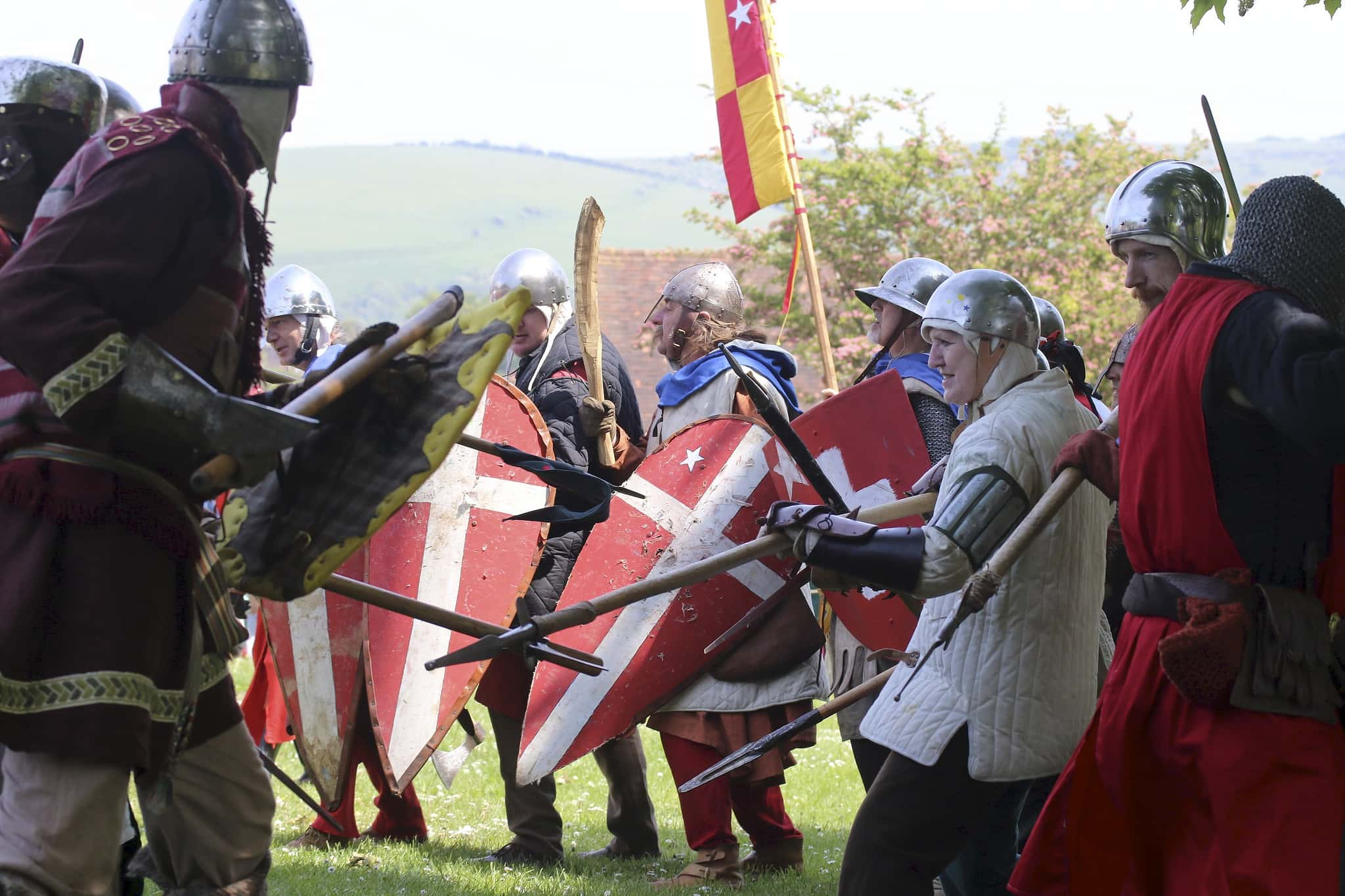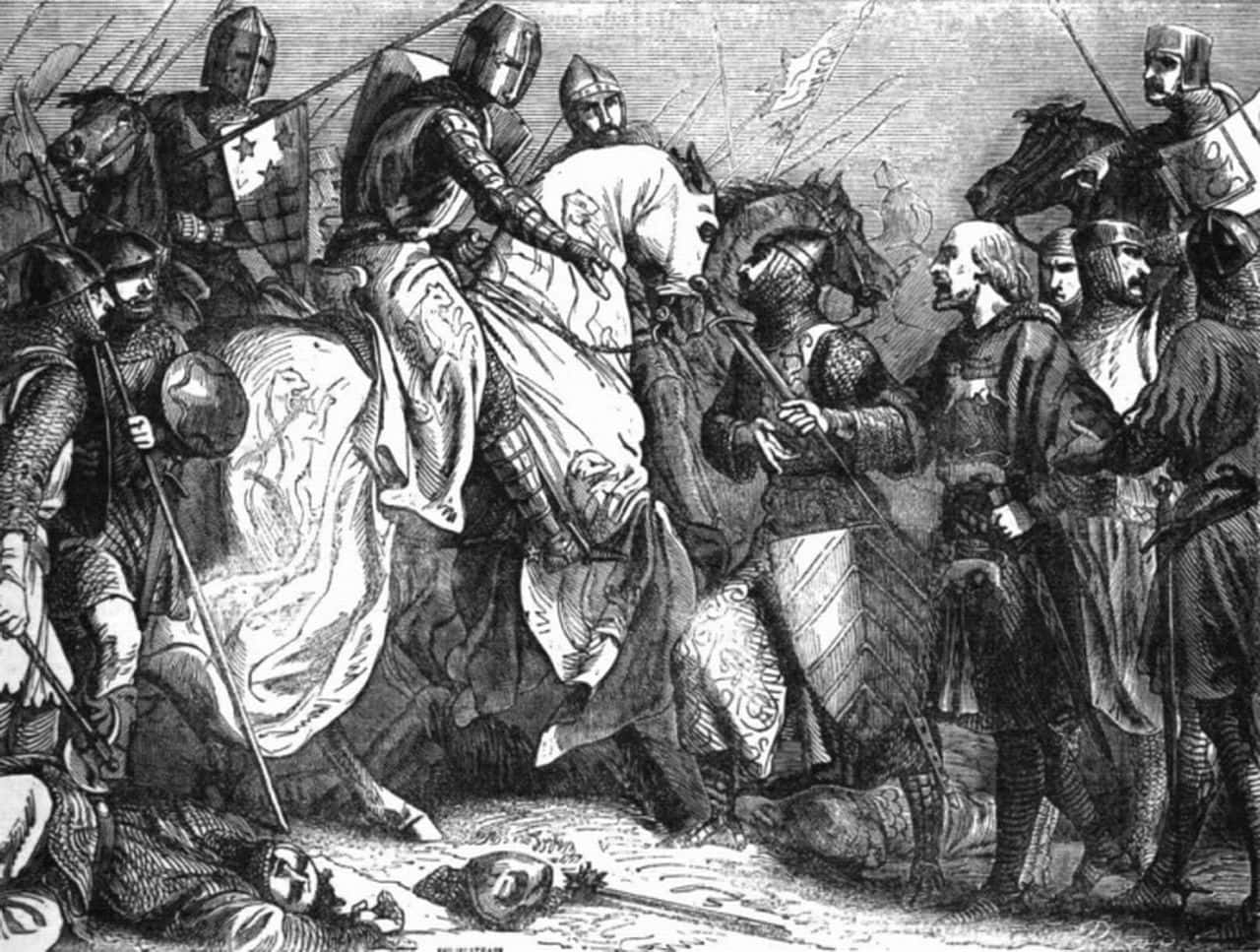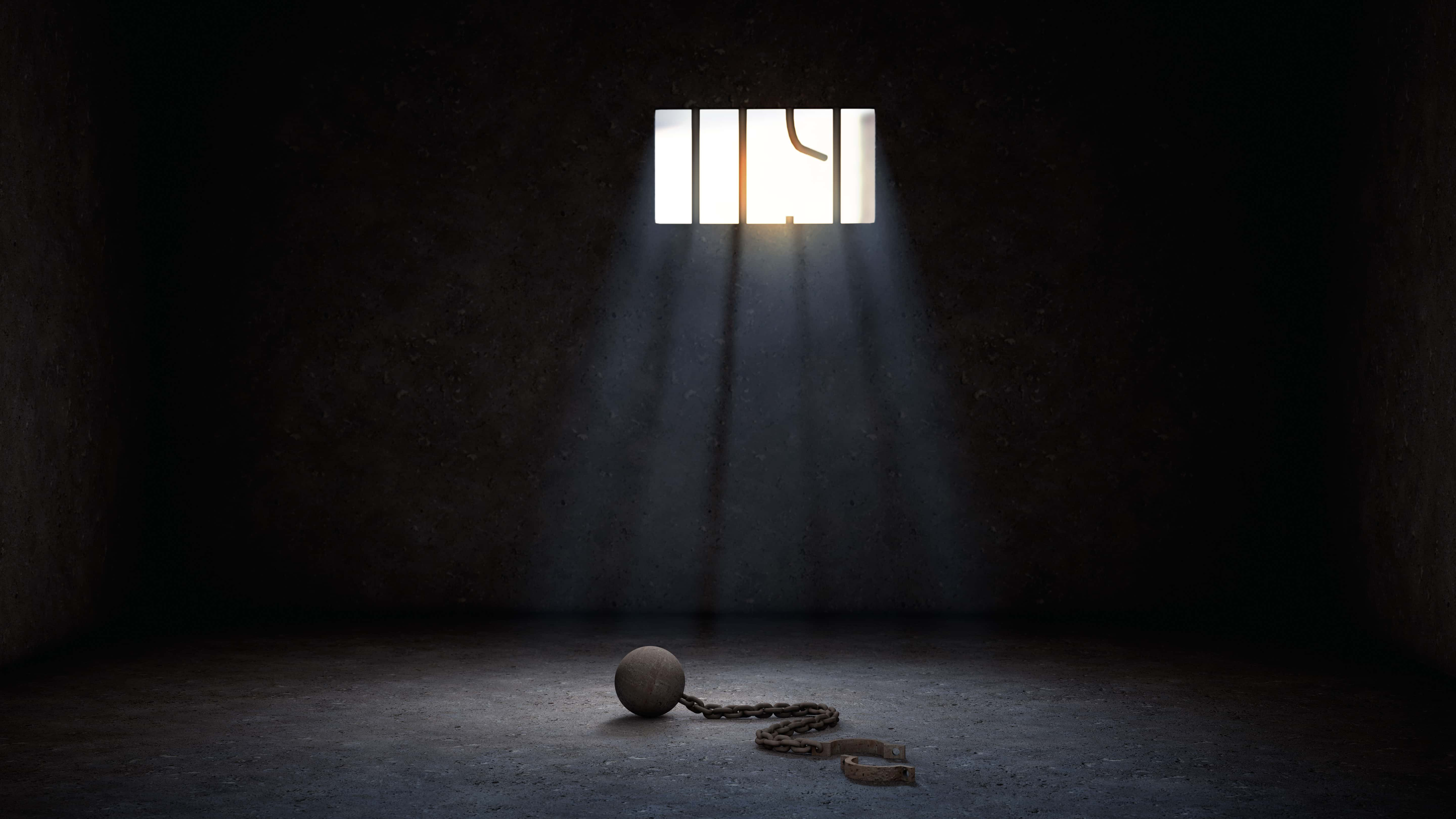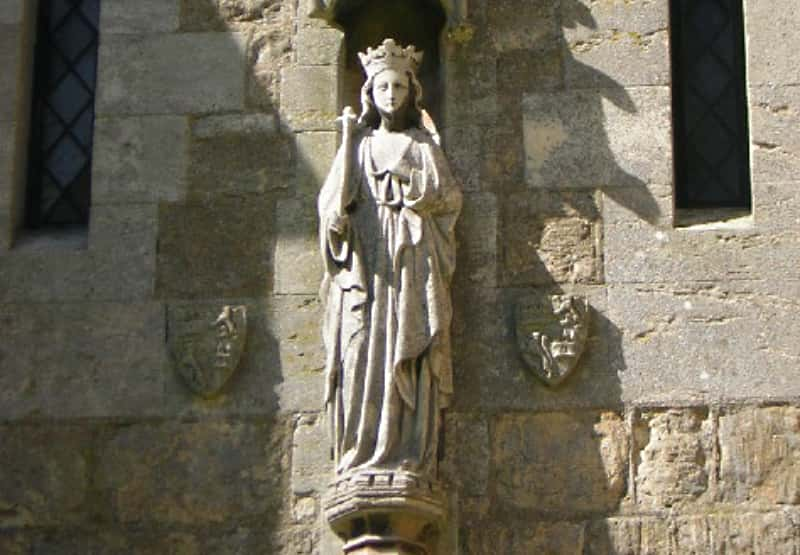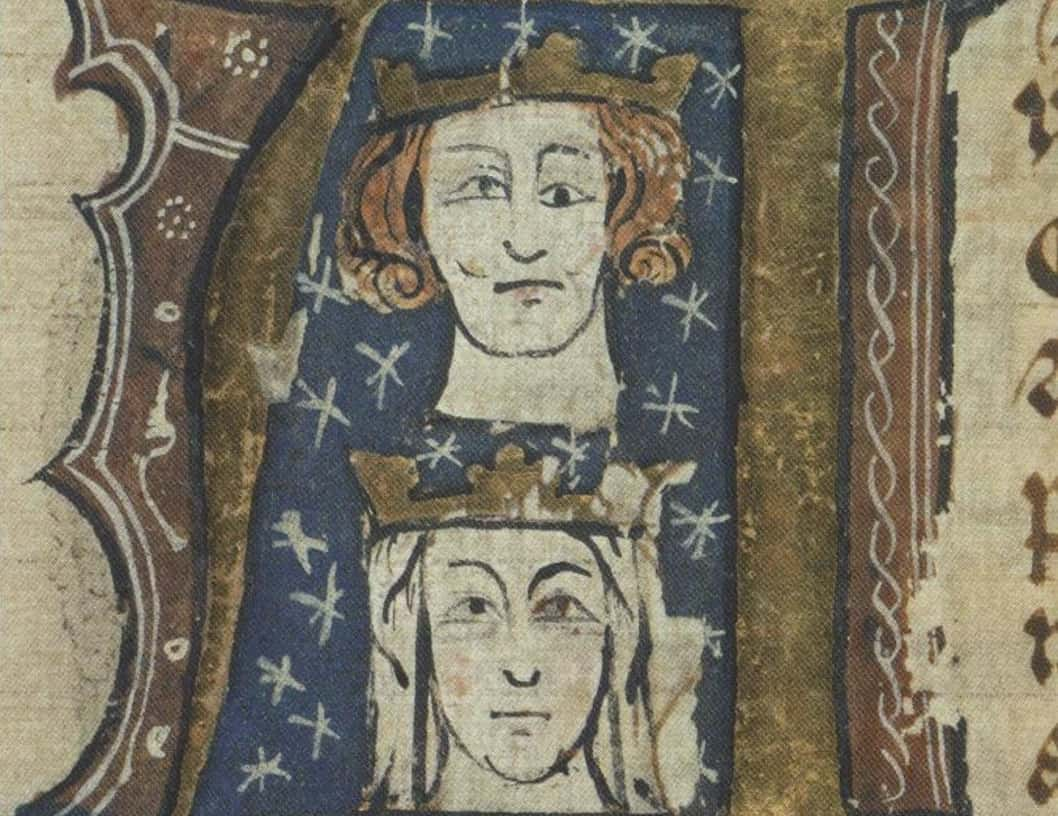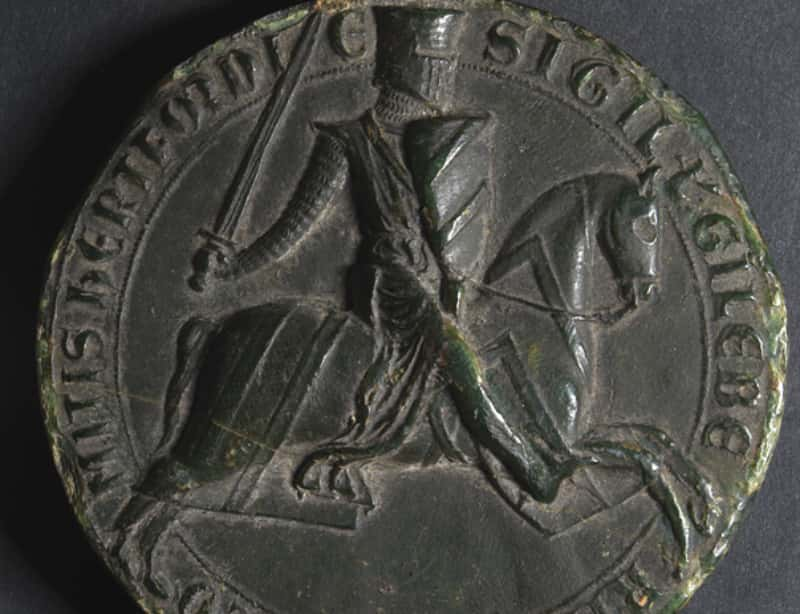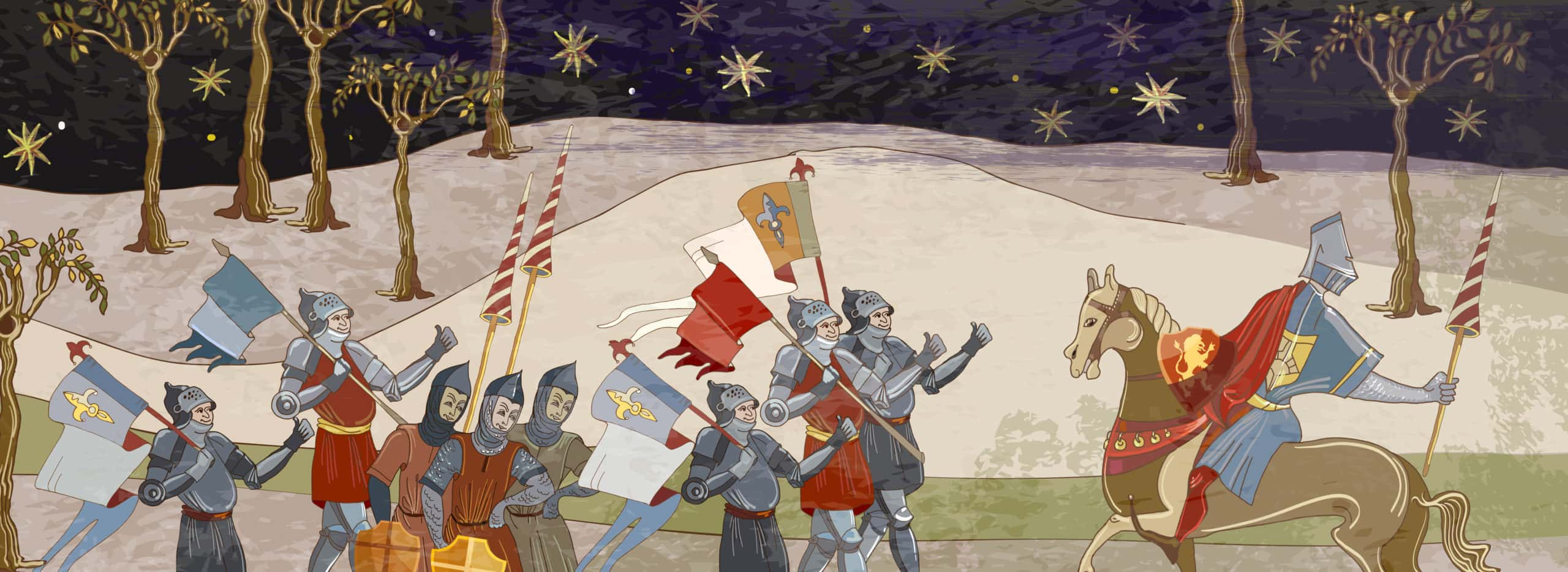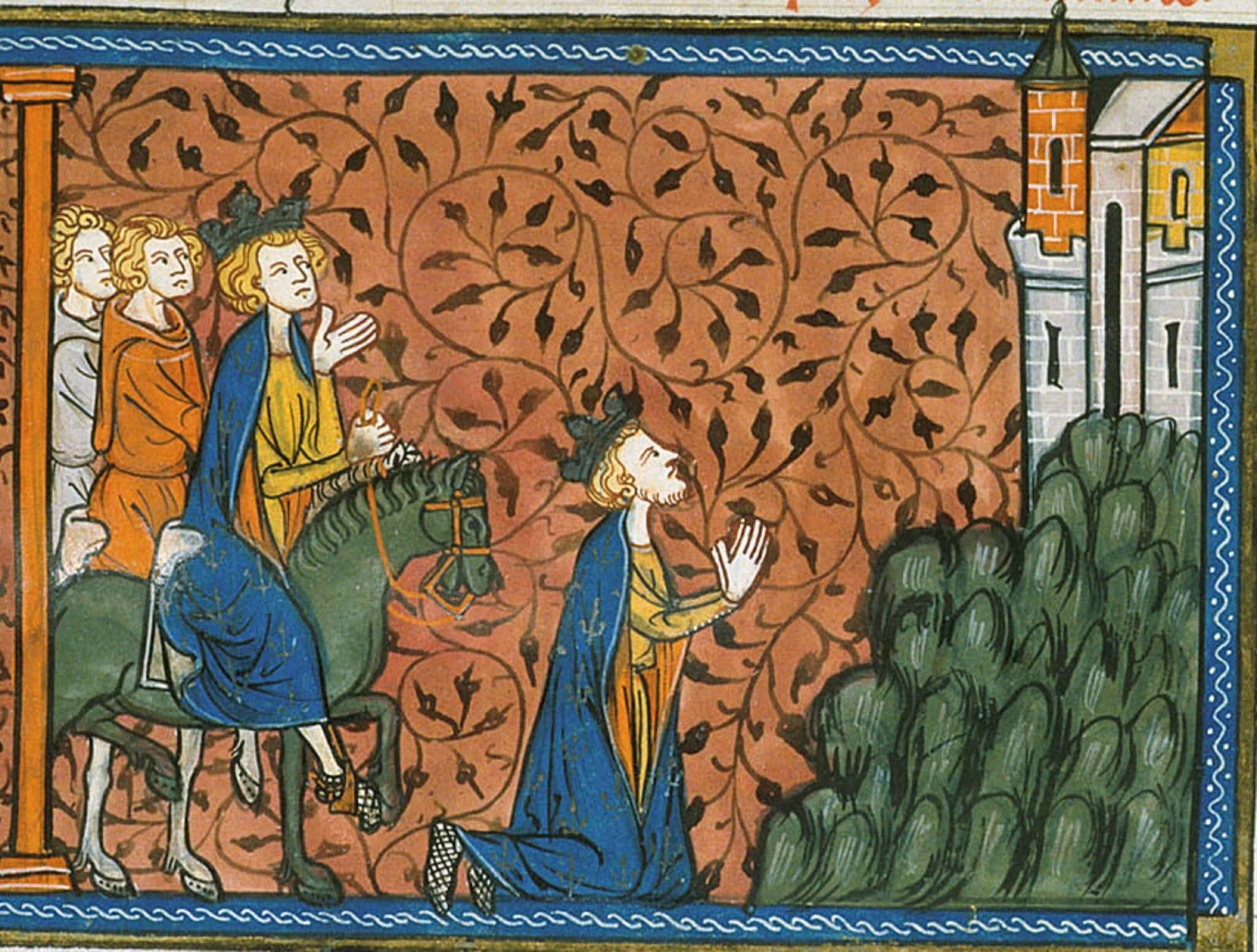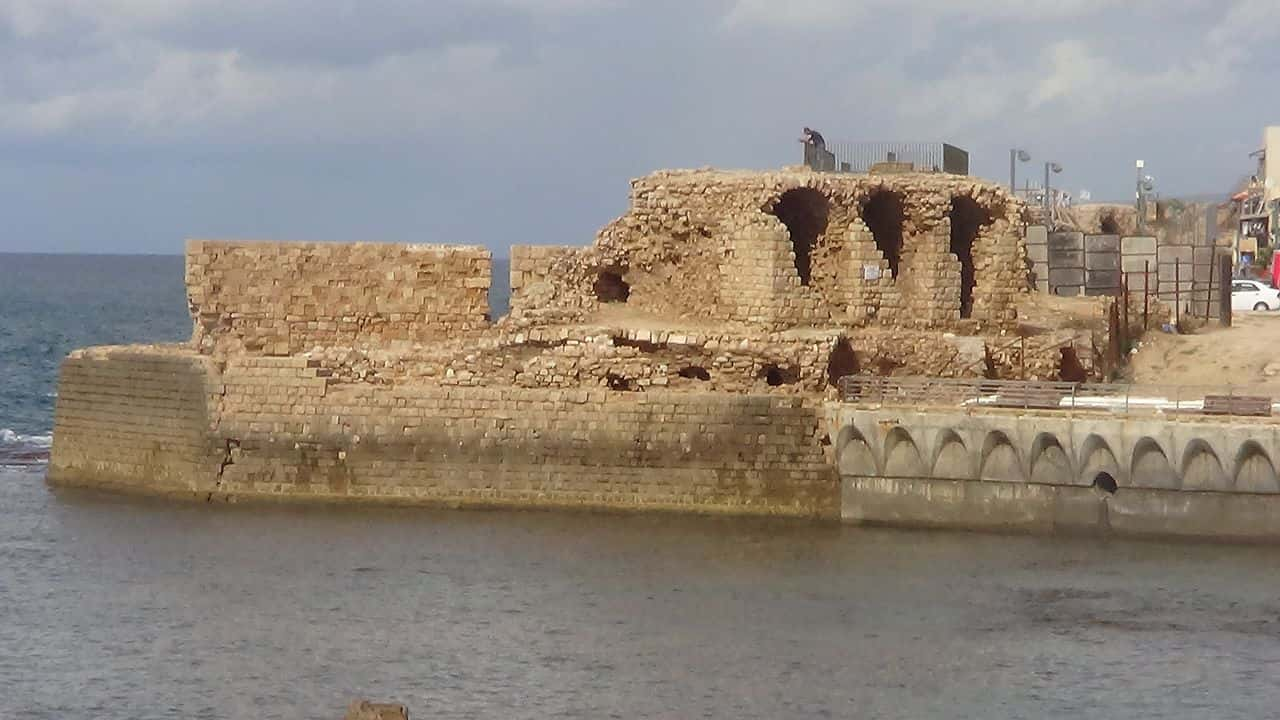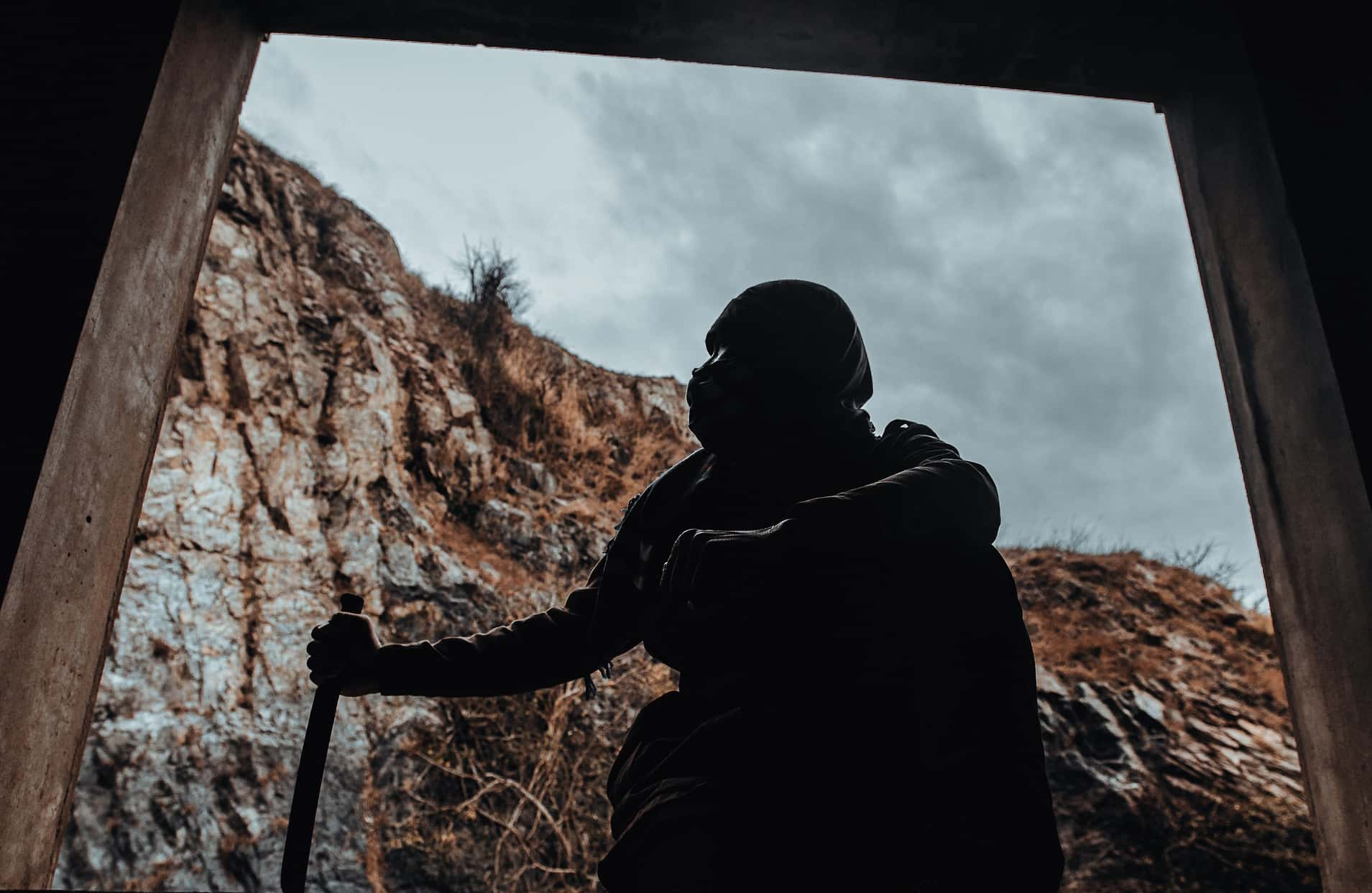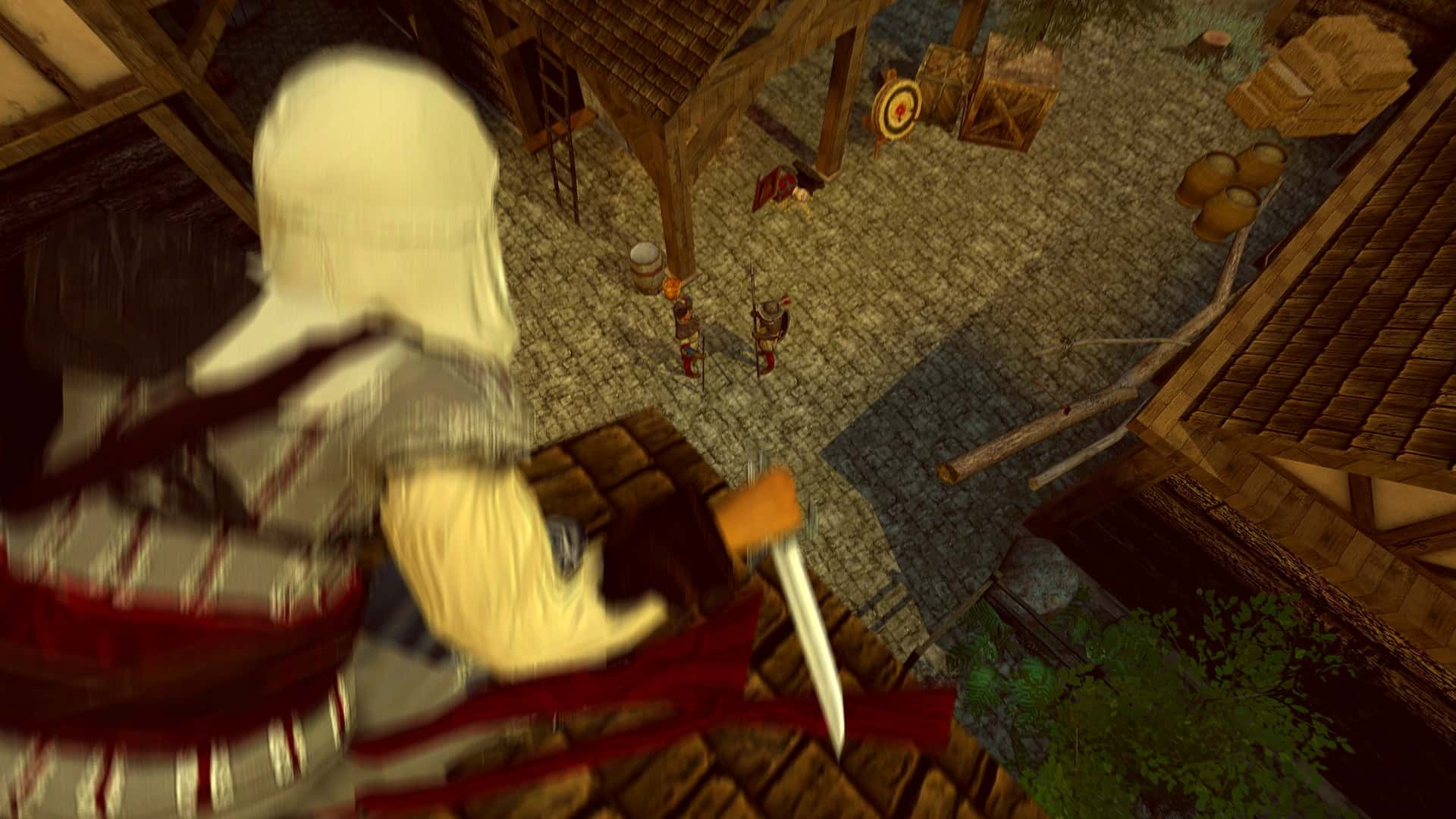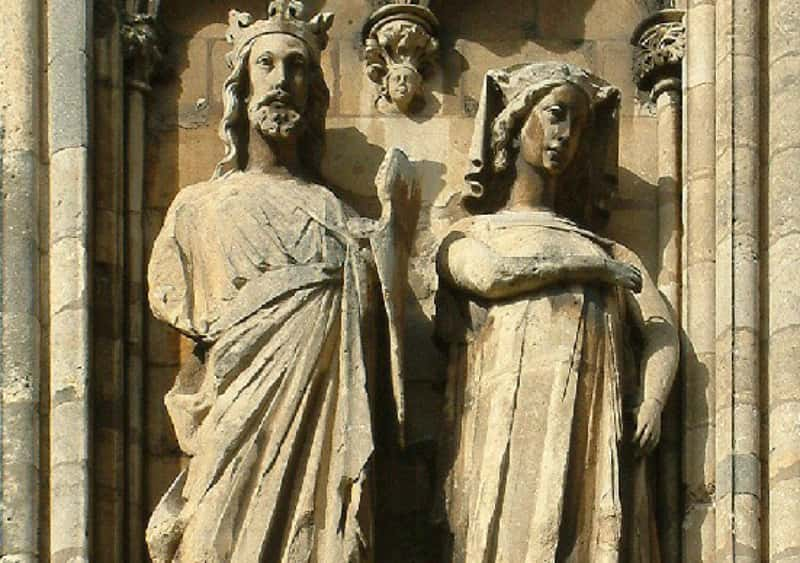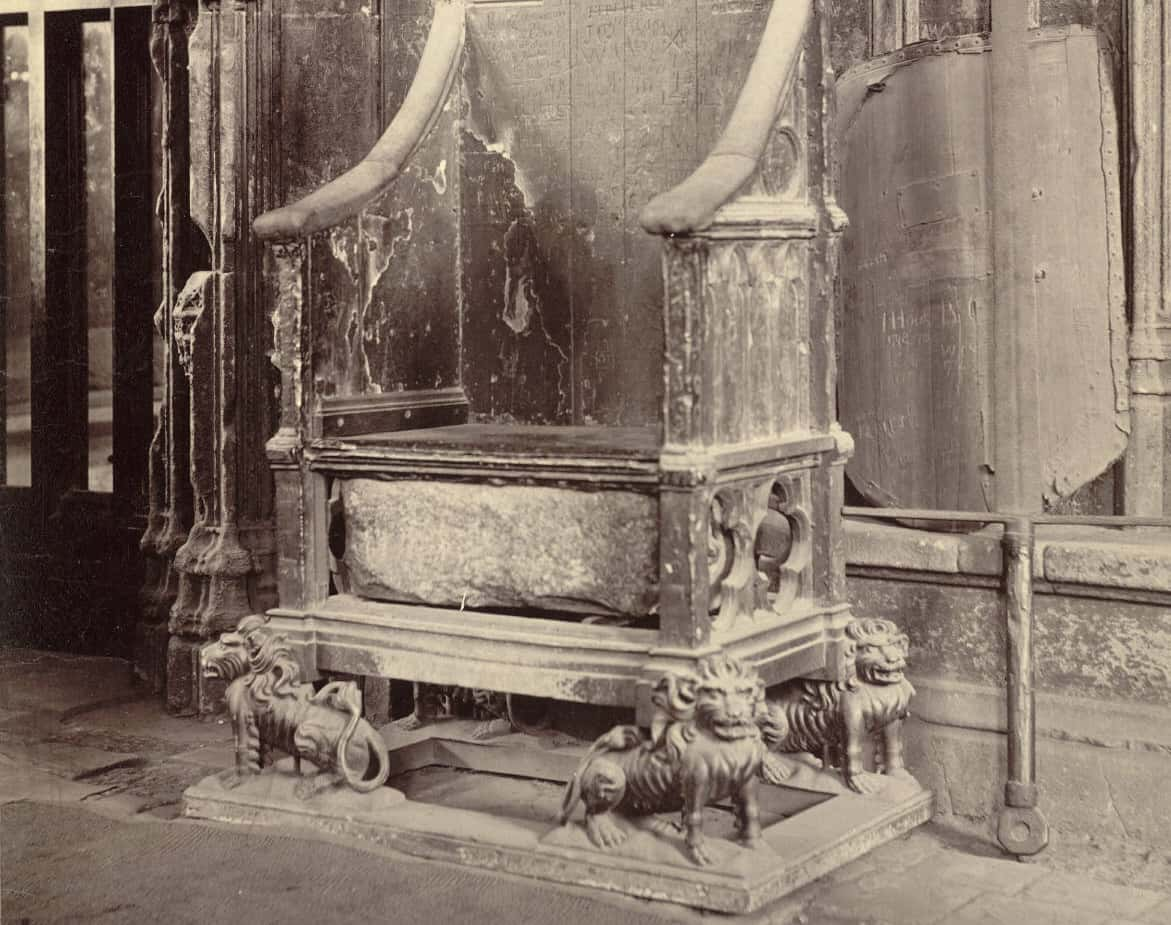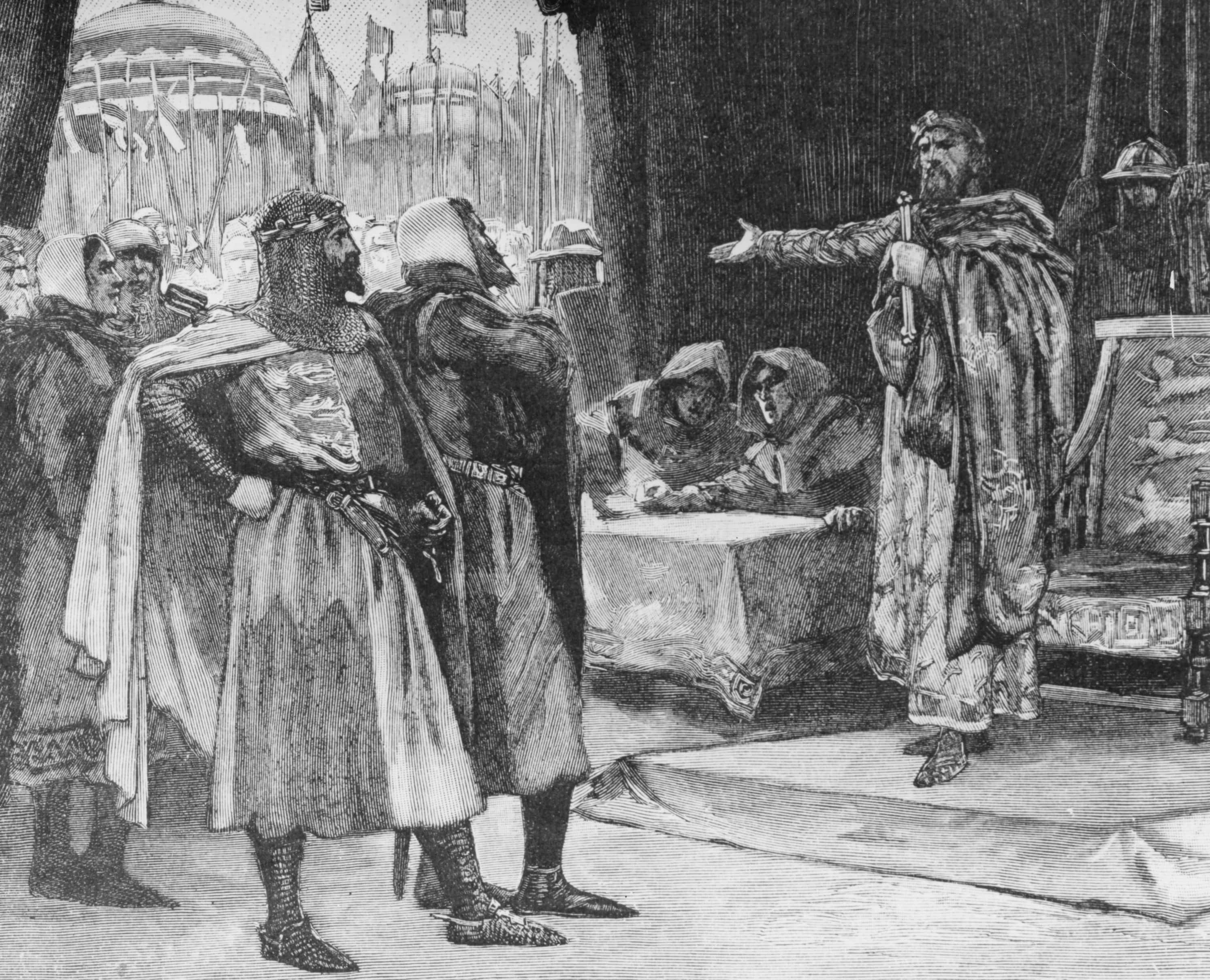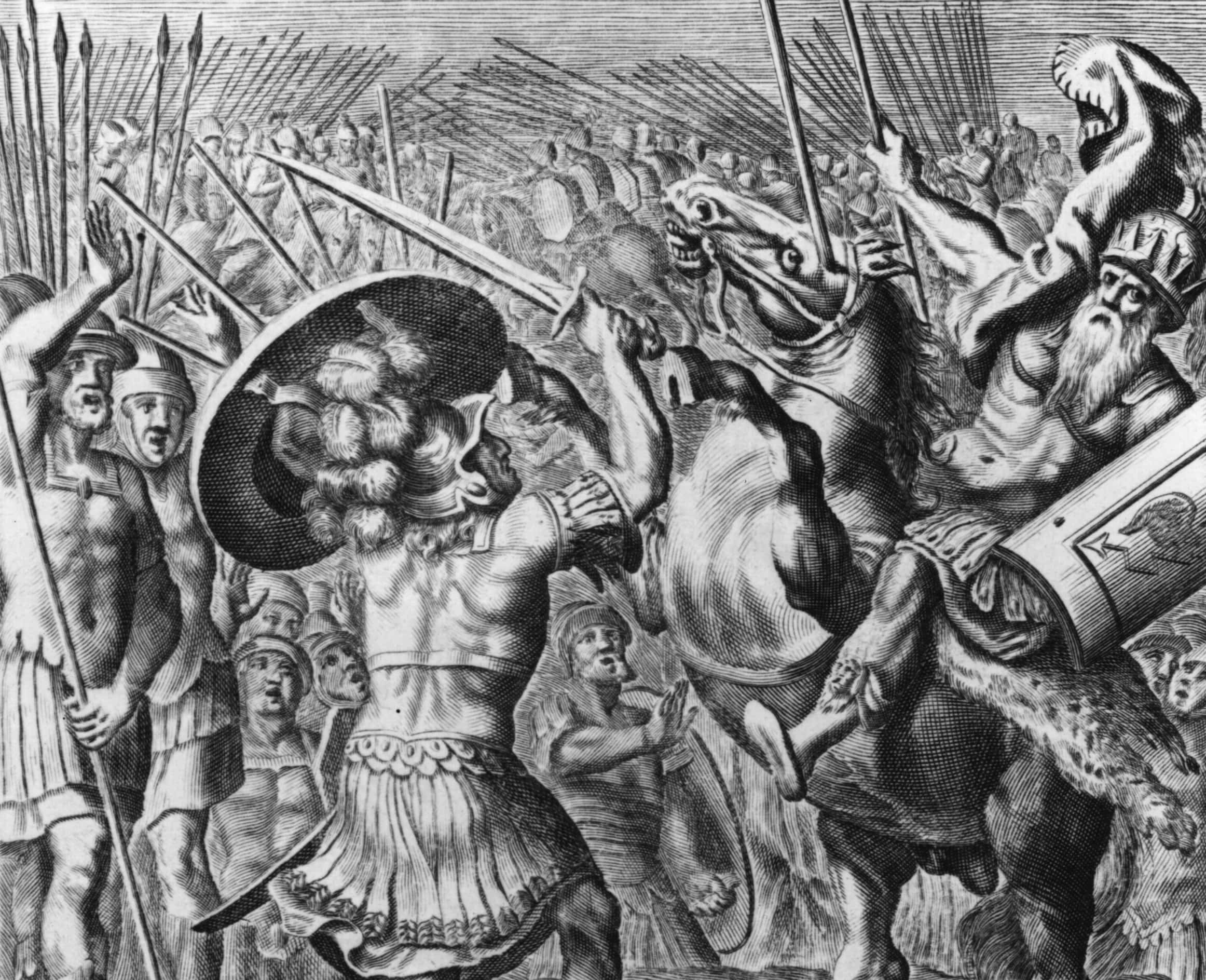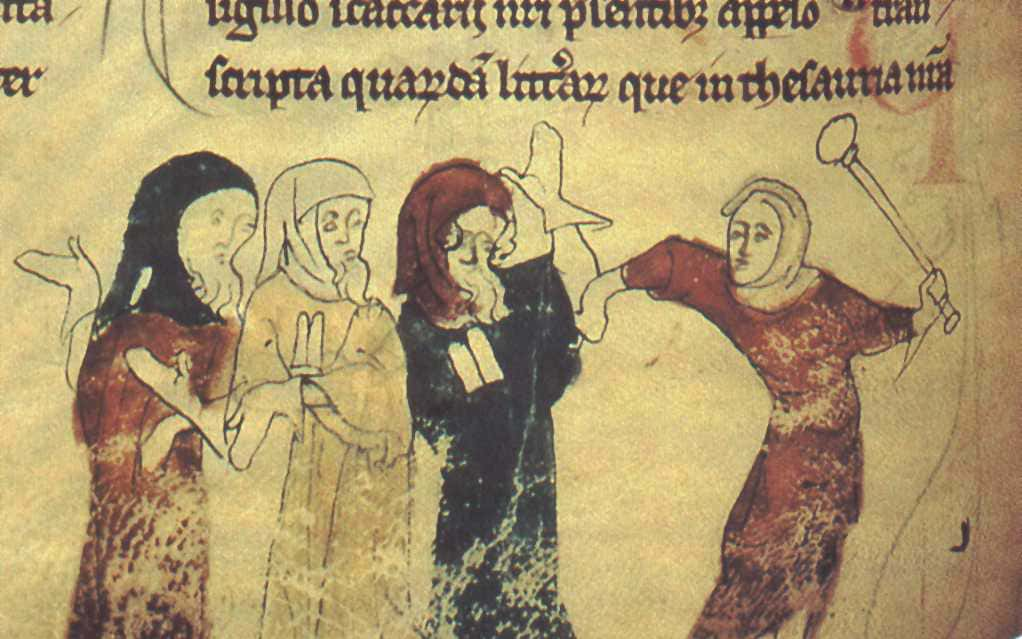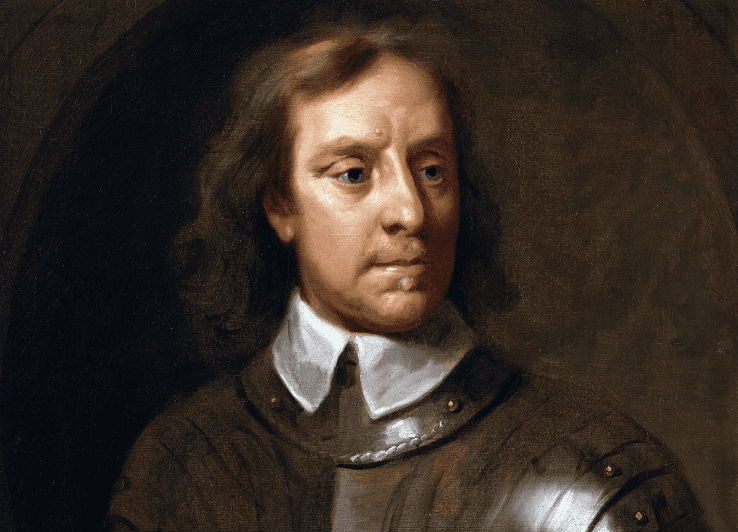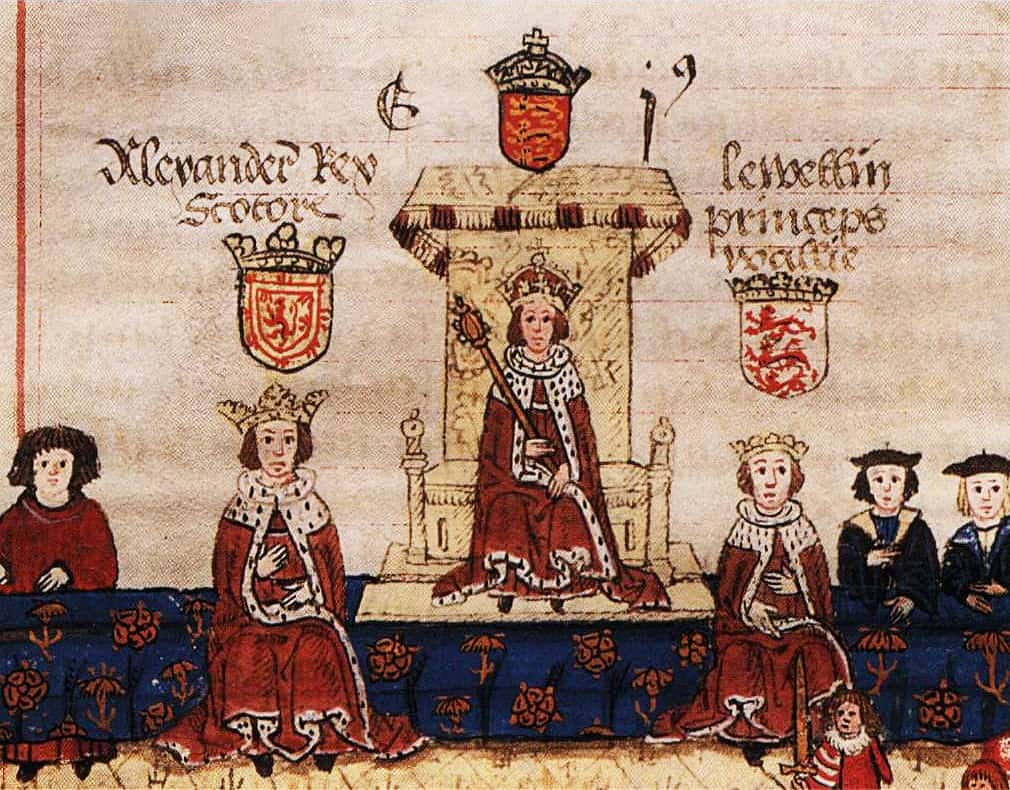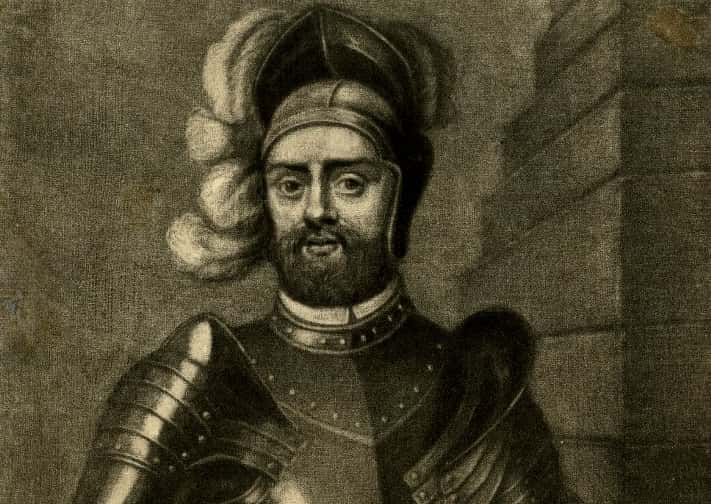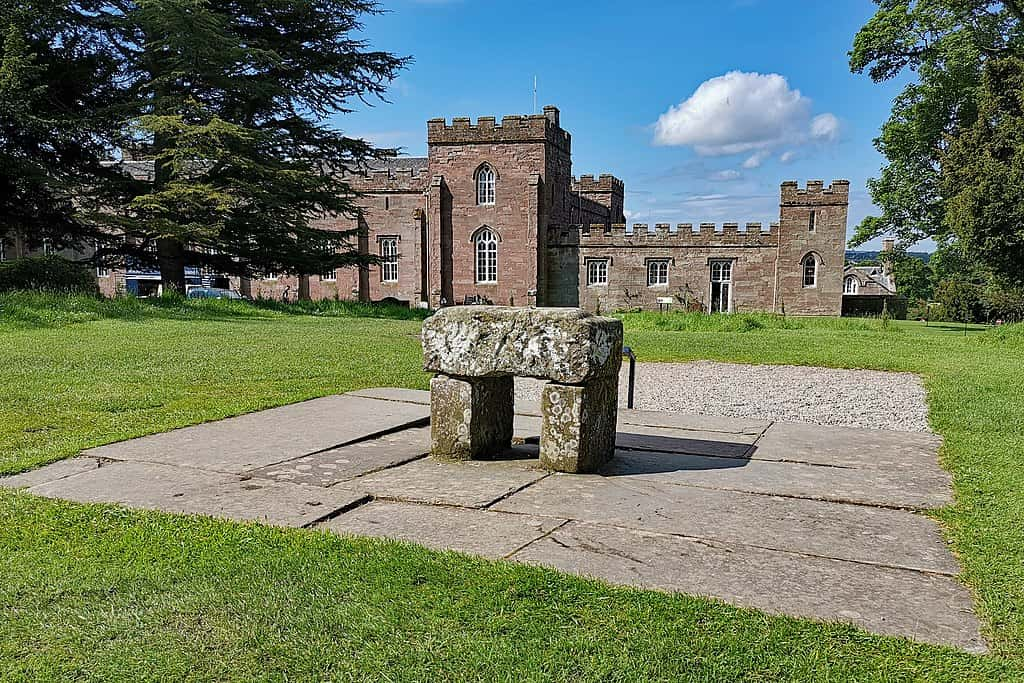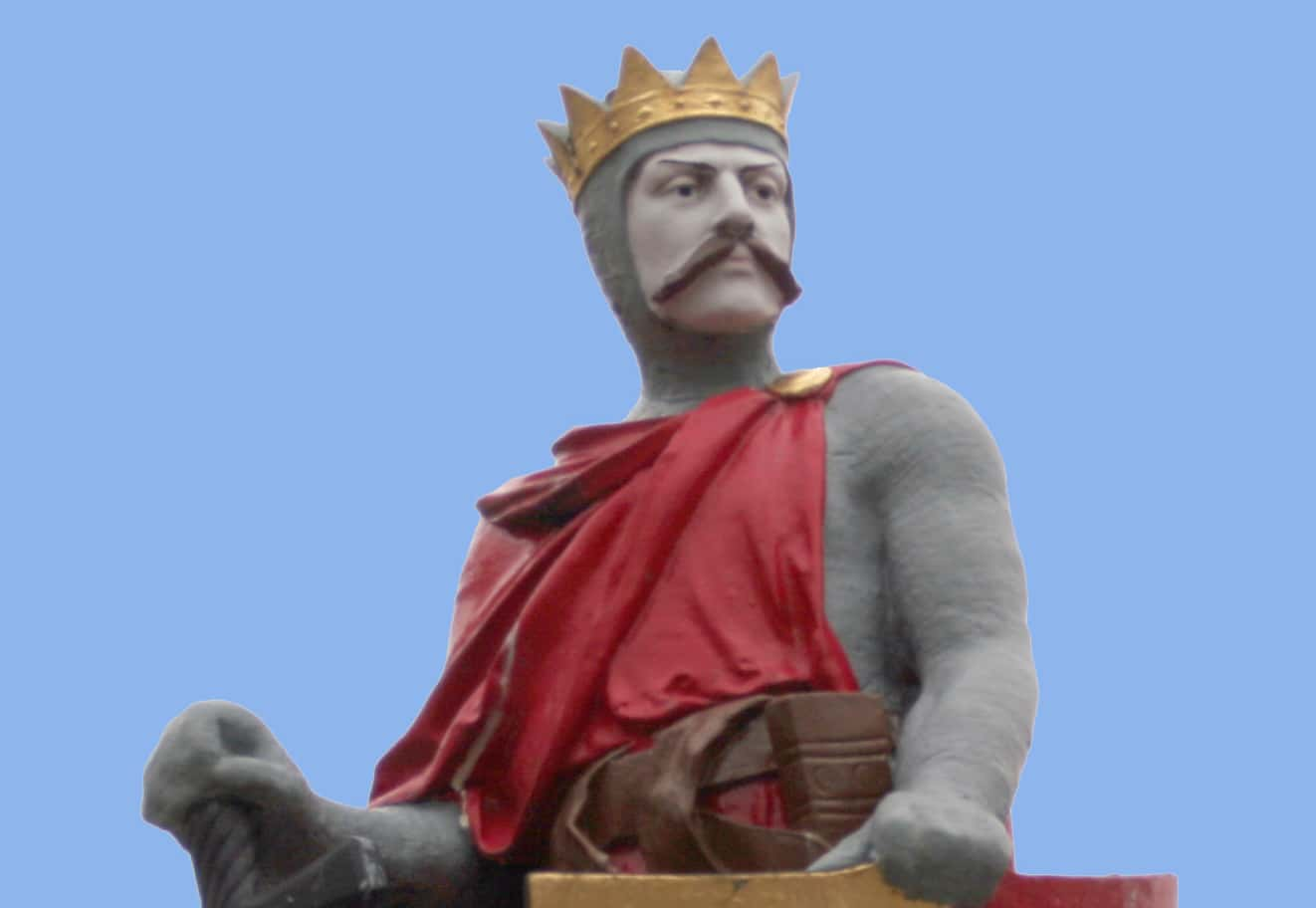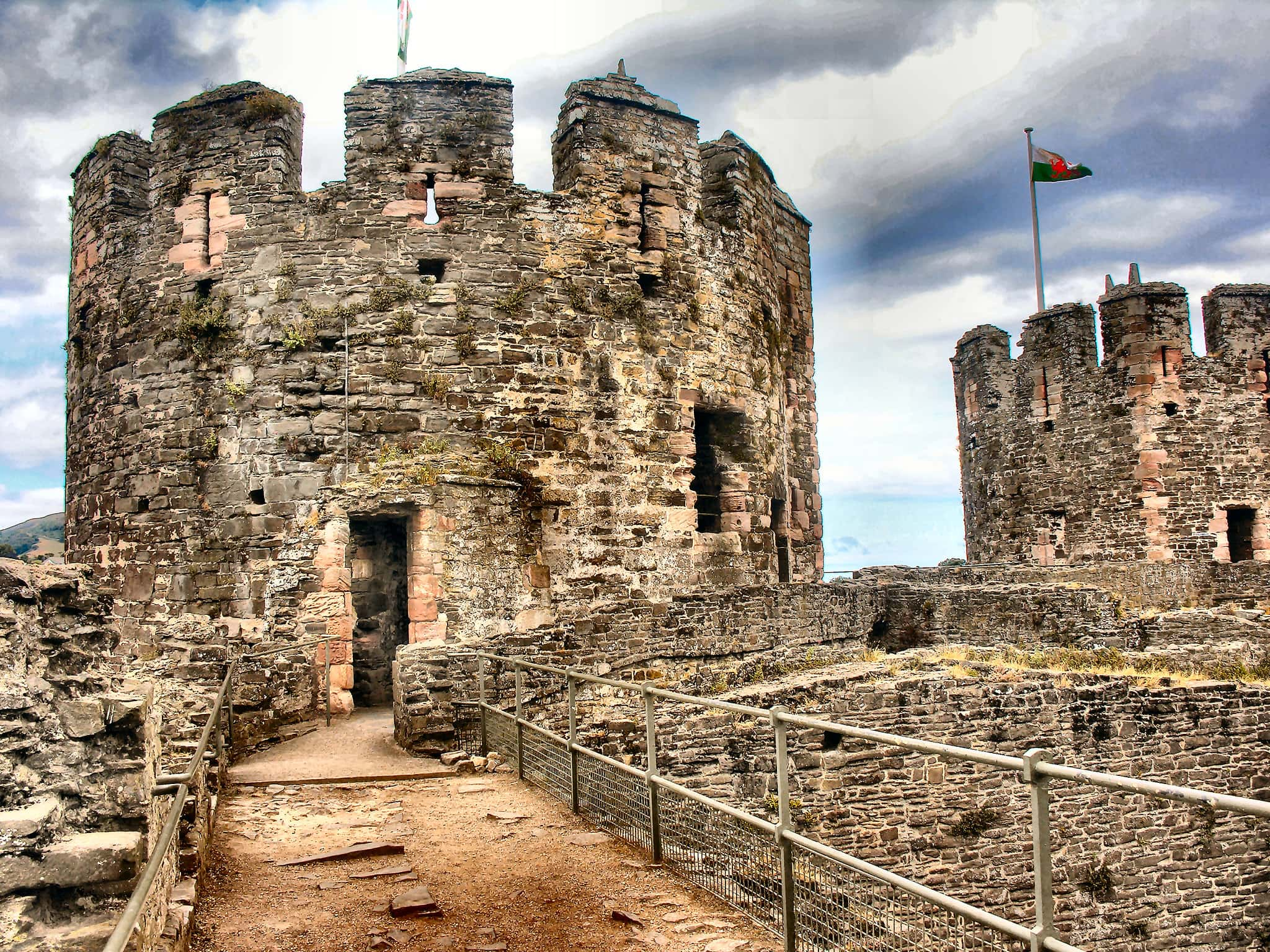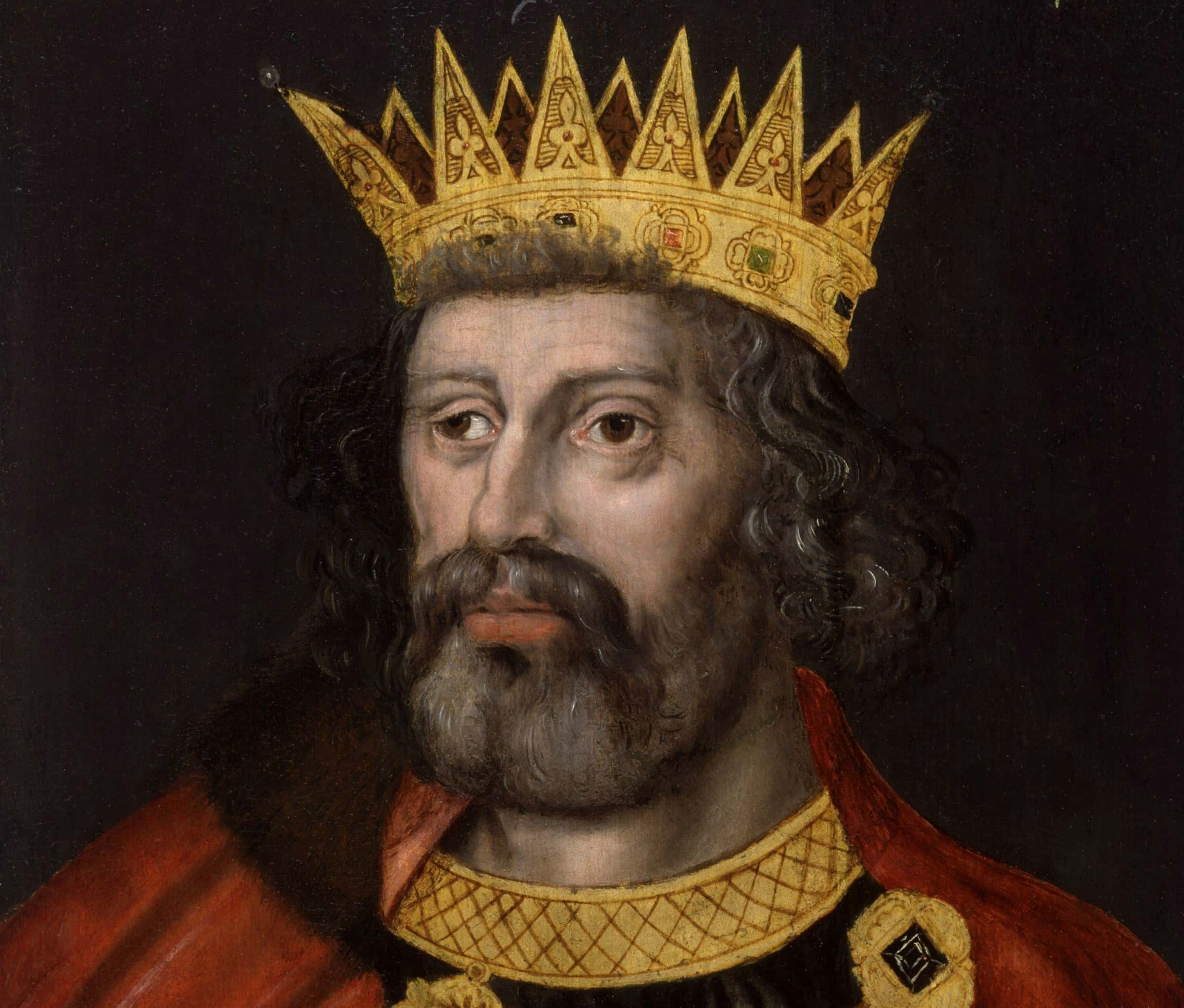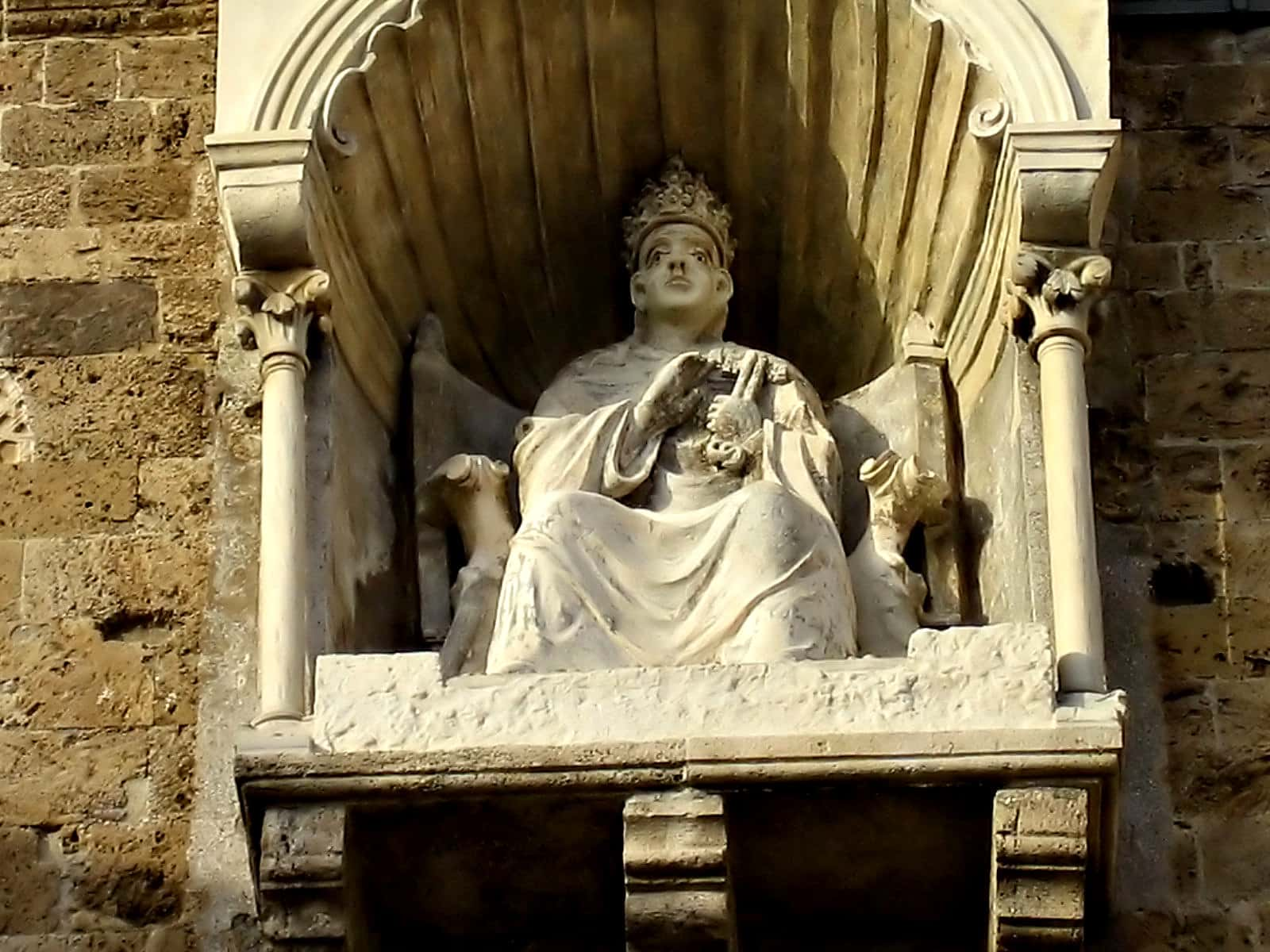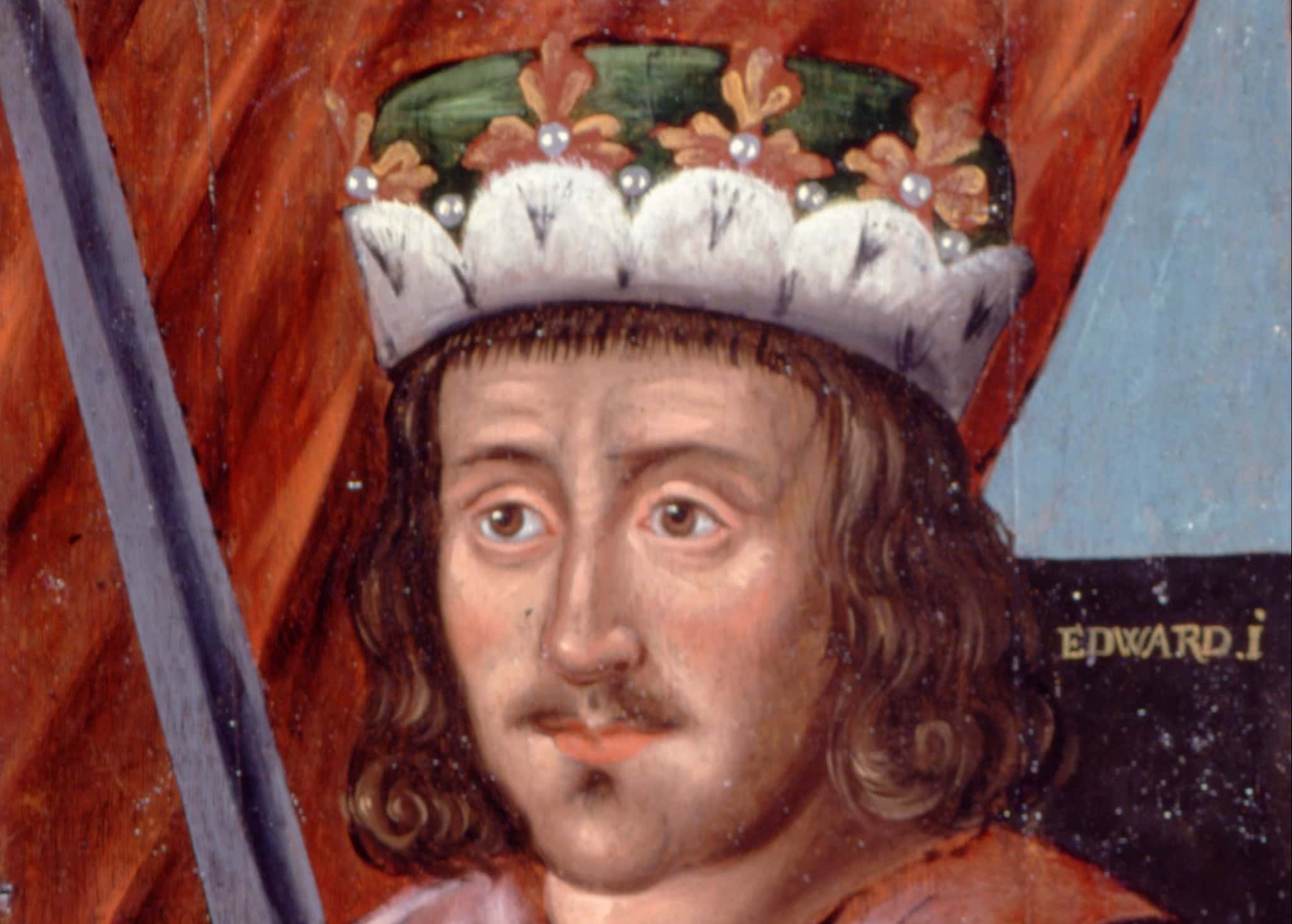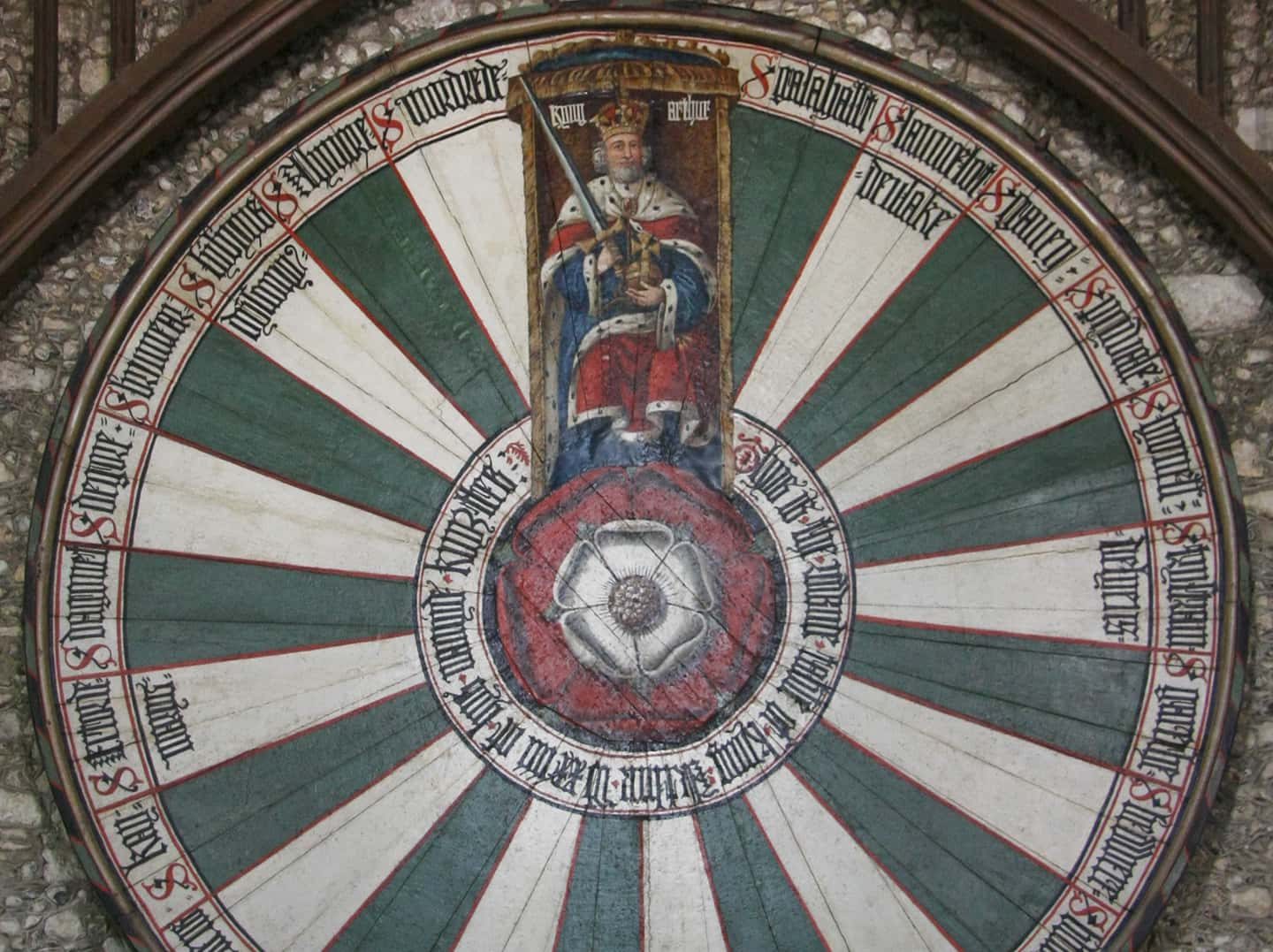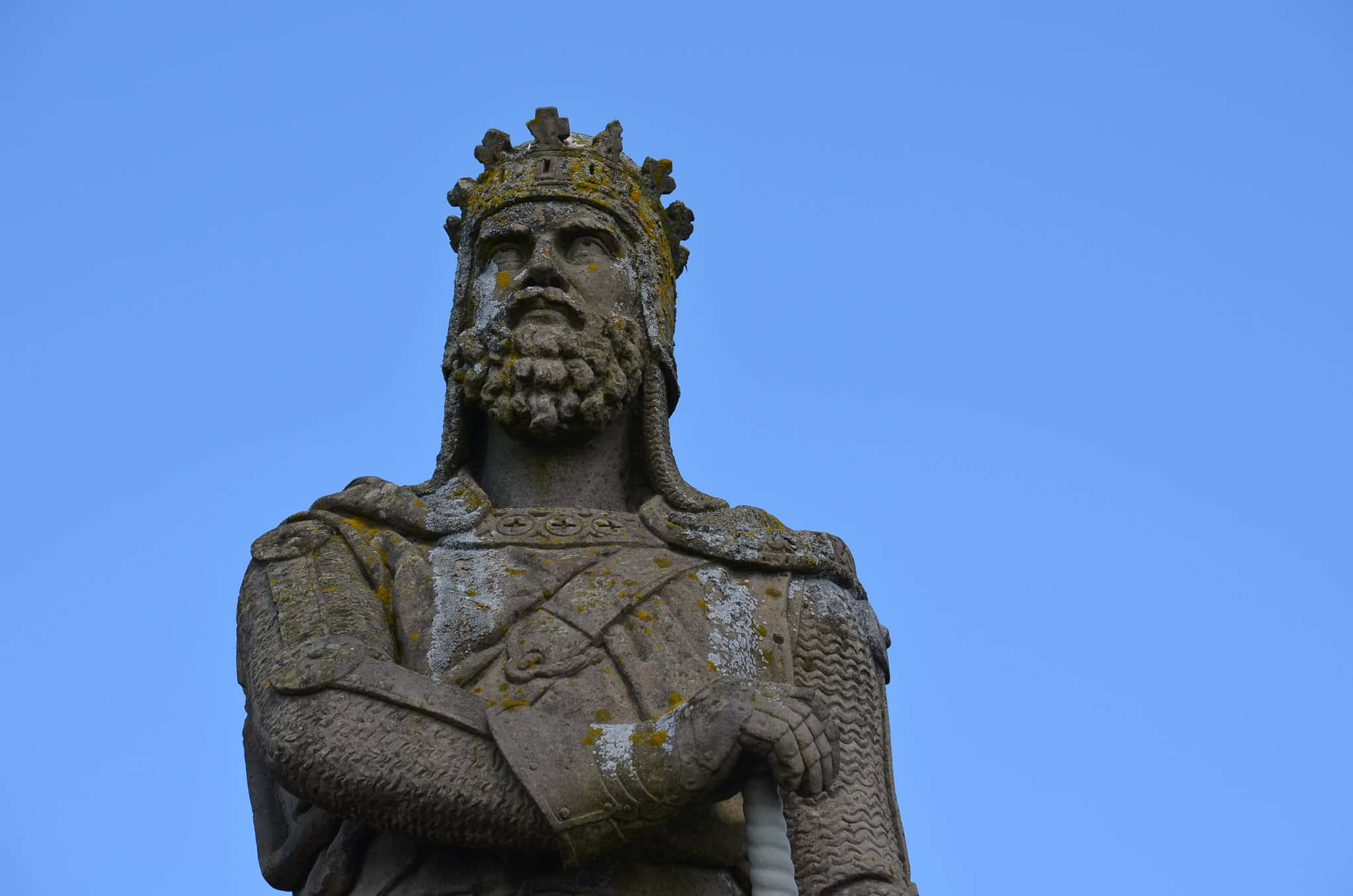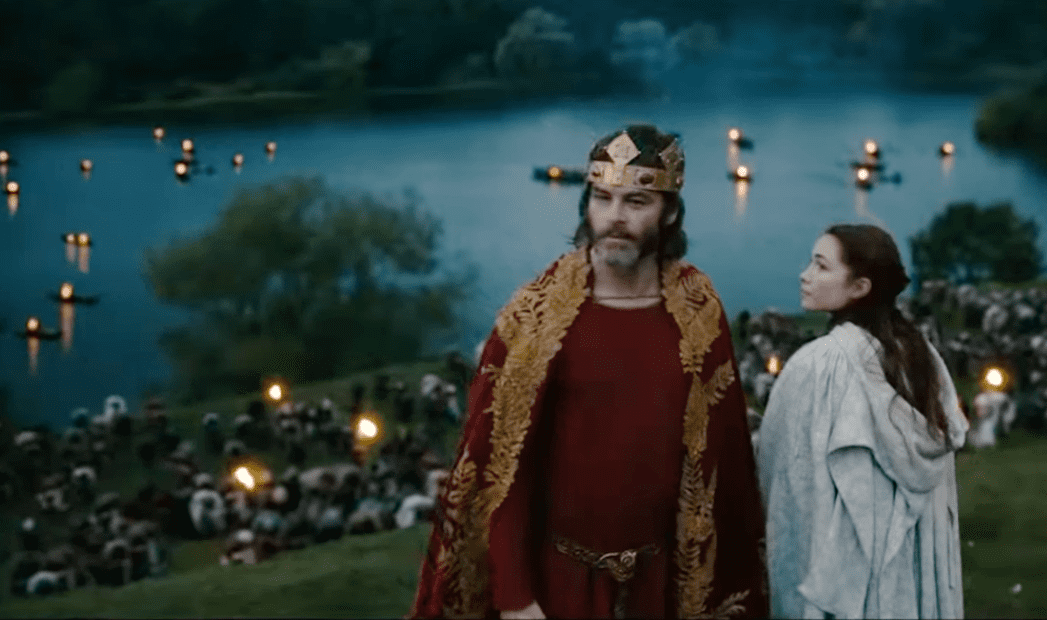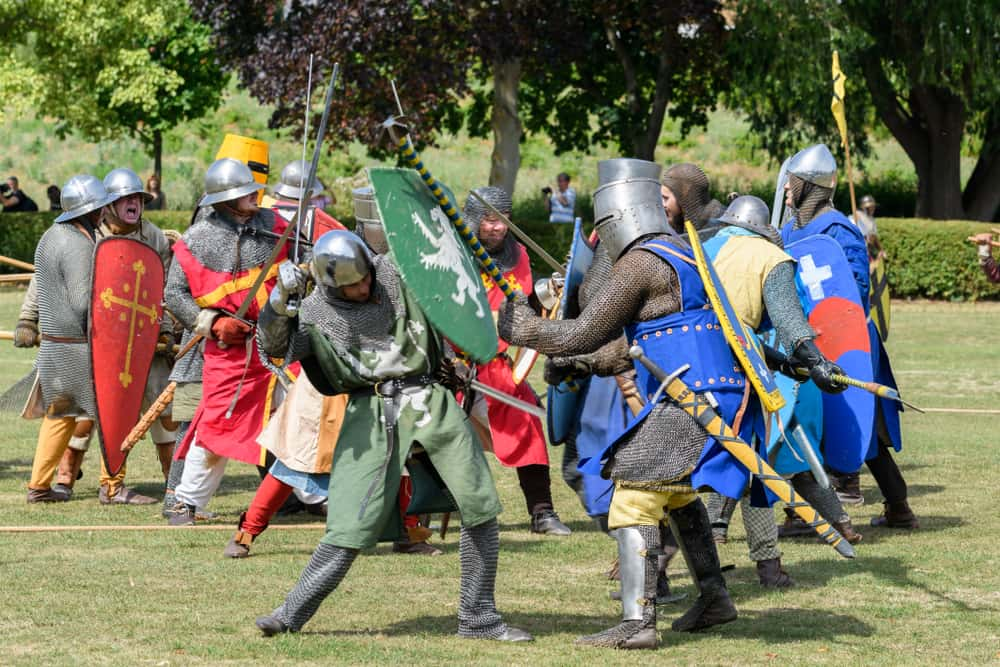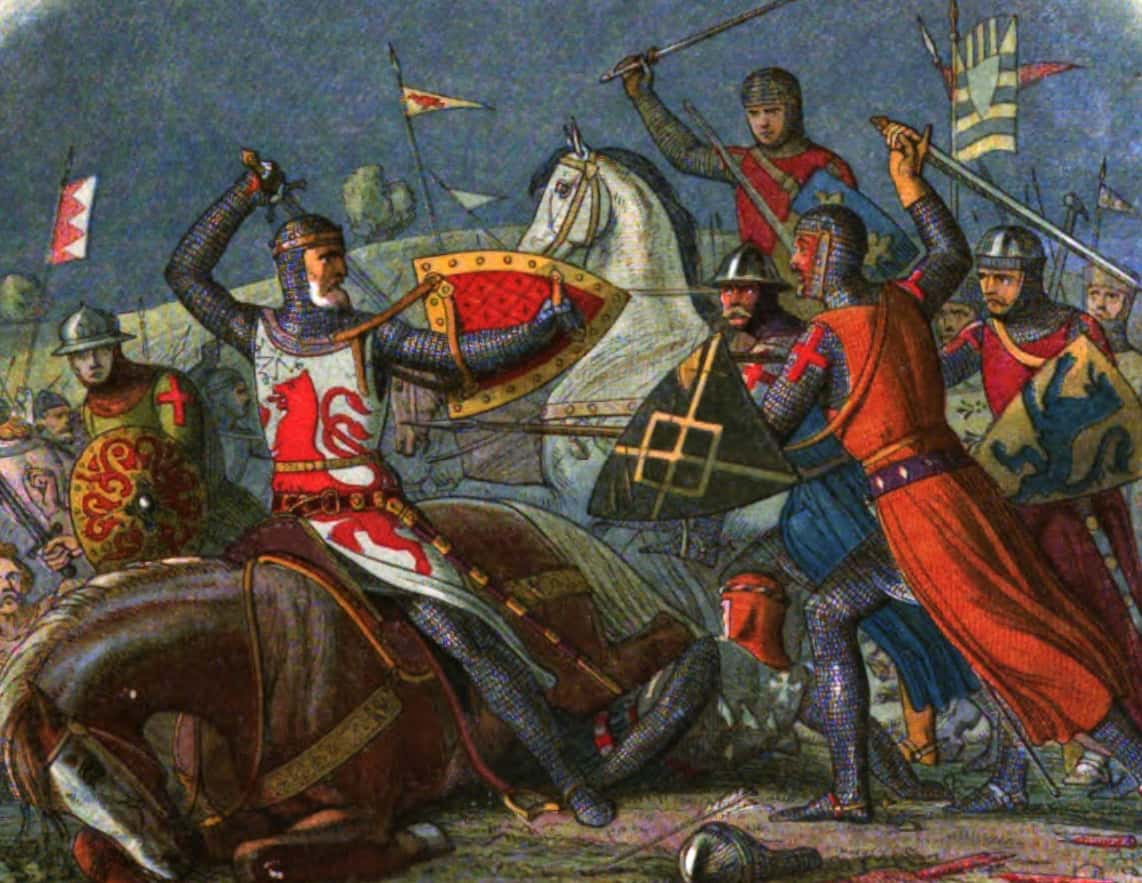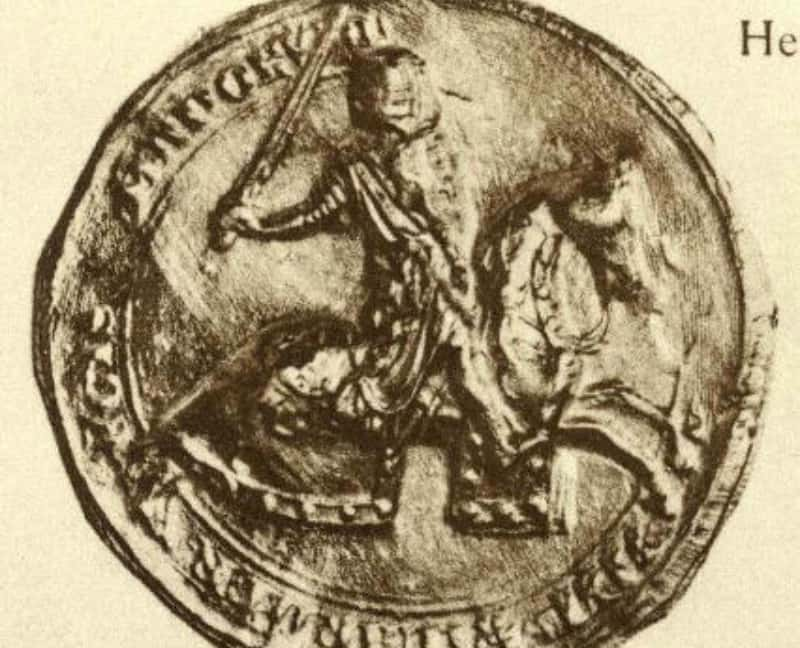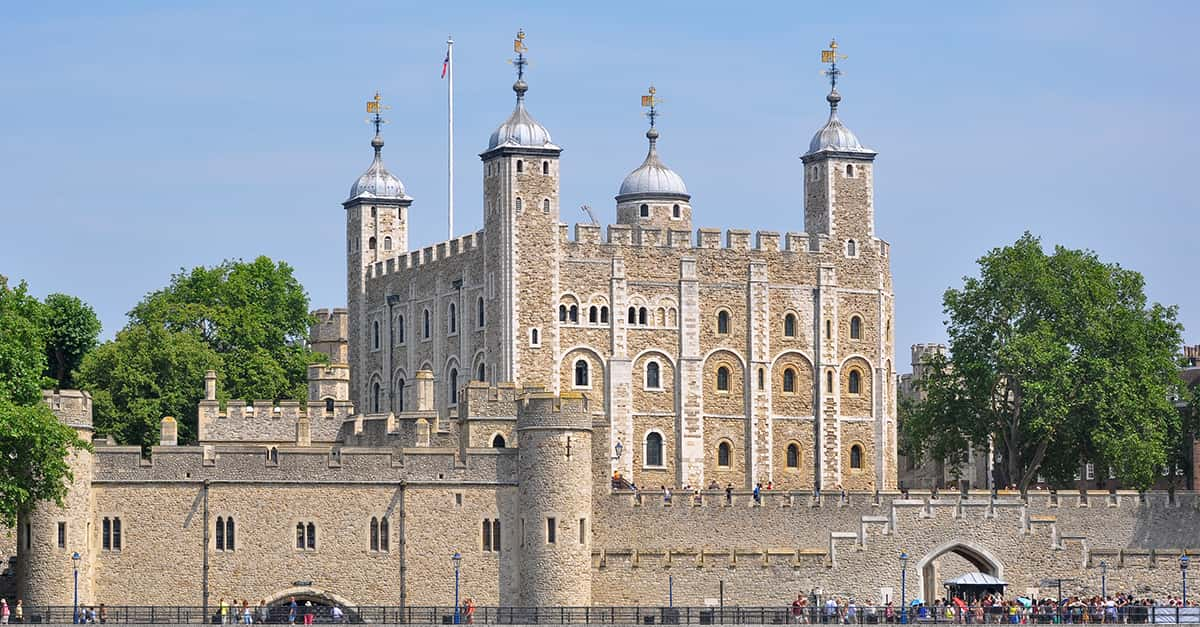King Edward Longshanks, The Hammer Of The Scots
Edward Longshanks is remembered as the villainous king from Braveheart, but few know the gruesome extent of his dark history. When his own son dared to disobey him—his reaction was utterly disturbing.
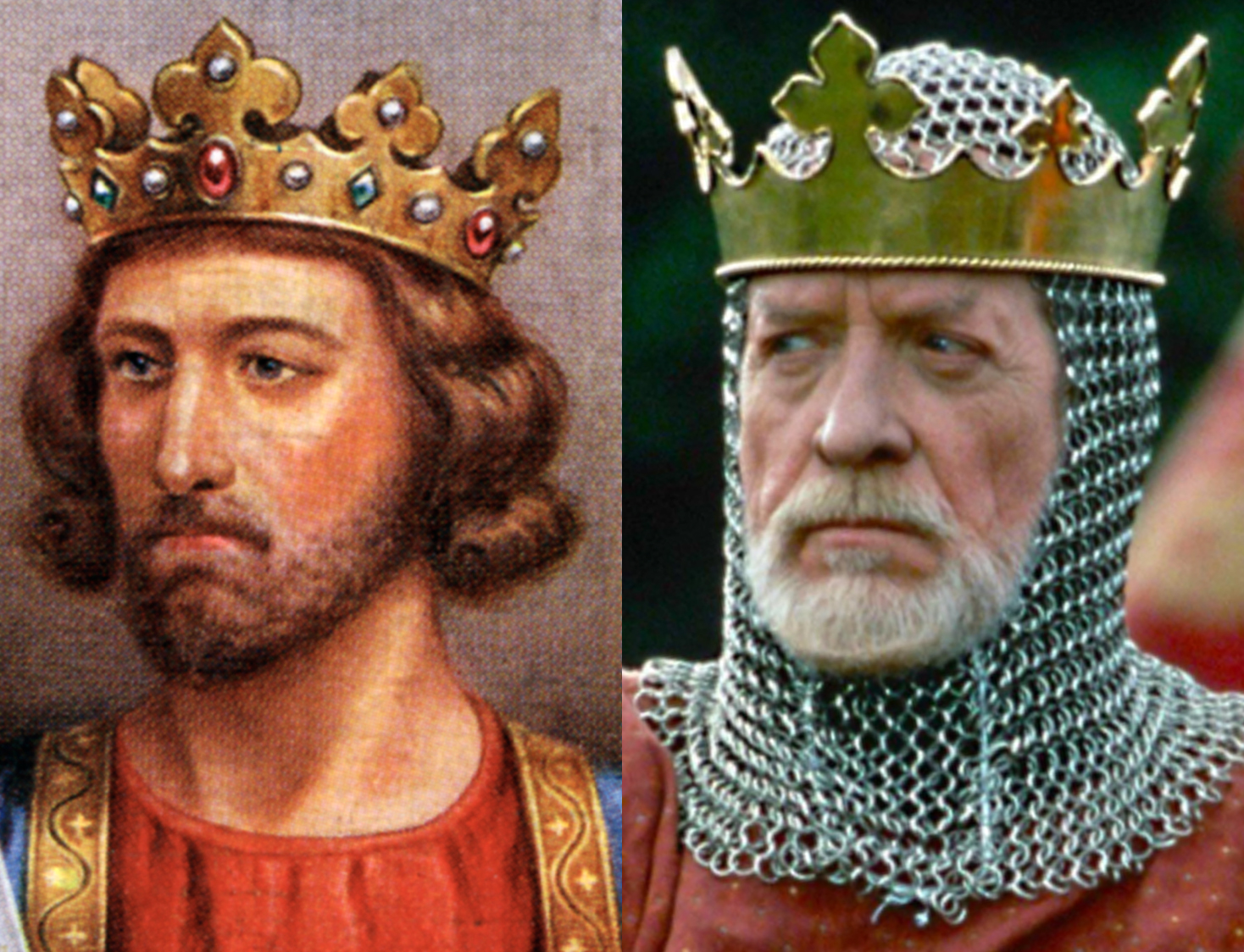
1. Don't Mess With Ed
Edward Longshanks could really put his money where his mouth was. By all accounts, Longshanks was a terror on the battlefield. One contemporary even called him "the best lance in all the world".
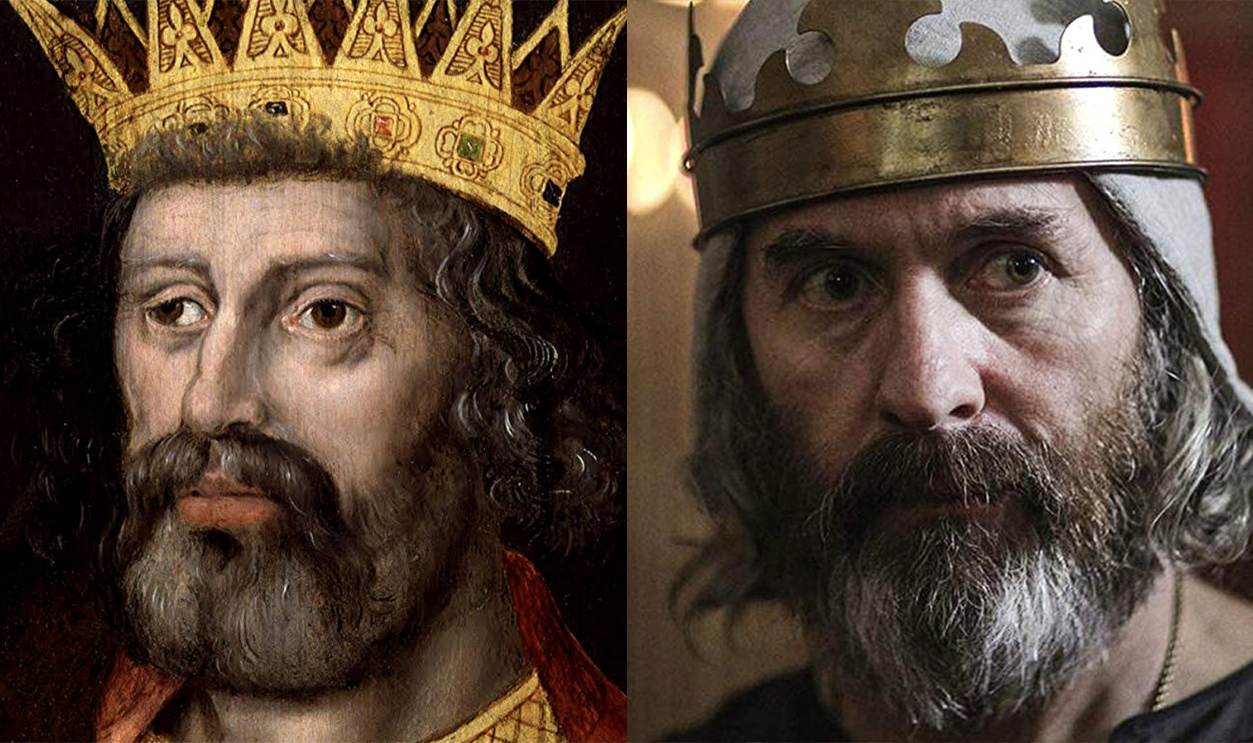
2. A Look is All It Takes
Longshanks was an utterly terrifying man. One legend speaks of a man who attempted to confront the king about high taxes. However, once the man finally found himself in front of Edward, he took one look at him....and perished from fear.
3. Can I Offer You an Egg in This Trying Time?
Edward's legacy isn't entirely war, revenge, and dangerous looks. In 1290, he had 240 eggs covered in gold leaf and sent to the Pope as an Easter gift—popularizing the concept of Easter Eggs.
4. "Stretch" Was Already Taken
What's with the name "Longshanks?" Well, the answer is a lot simpler than you'd think. He was called Longshanks because he had...long...shanks. Or legs, to use a modern phrase. We can only assume that the first person to suggest the moniker was a butcher.
 Braveheart, Paramount Pictures
Braveheart, Paramount Pictures
5. Hello Up There!
Speaking of Edward’s long limbs, he was said to be 6’2", making him one of the tallest kings in English history. What can we say, the man's shanks were long!
 Braveheart, Paramount Pictures
Braveheart, Paramount Pictures
6. Not Until I’ve Had My Fun!
In 1304, during one of his battle campaigns in Scotland, Edward laid siege to Stirling Castle. For three months, Edward battered at the castle with trebuchets that he’d brought north at great expense. Finally, the Scots surrendered—but Edward had a more chilling end in mind. He rejected their surrender.
Why? Because he’d just set up a brand-new trebuchet that he called the Warwolf, and he wanted to demonstrate its power. The Scots had to endure another terrifying day of bombardment before Edward finally relented.
7. Cognitive Dissidence
Like all the English kings in the generations right after William the Conqueror, Edward Longshanks spoke French, not English. But while he didn't speak the native tongue very well, Edward was at least more English than his predecessors. His parents named him after King Edward the Confessor, one of the last Anglo-Saxon kings before the Norman invasion.
Edward’s father, King Henry III, named his son after the Confessor out of respect for the man’s legacy. This was the first step in the long process of making the English royal family, you know, English.
8. Nobody Laughs to Mike Tyson’s Face Either
Descriptions of Edward depict a child who was frequently ill. His frailty was also augmented by a drooping eyelid and a lisp. Those around him had little faith in the man he'd become, but he ended up proving them all wrong. Edward overcame his youthful fragility and matured into a tall, physically imposing man with a very "persuasive" manner of speech.
The lisp, of course, never went away, but really, who’s going to mock the Hammer of the Scots to his face?

History's most fascinating stories and darkest secrets, delivered to your inbox daily.
9. Keeping the Peace
Edward was born into a chaotic time. Various factions among the nobles vied for power and threatened the stability of England. Edward’s father, the kindly Henry III, tried to reconcile the factions with peaceful negotiations. The young Edward, on the other hand, didn’t try to rise above the squabbles. When he became old enough to take part in politics, he blatantly took sides, leading to a lot of friction with his father.
10. A Rivalry Begins
Long before William Wallace ever started giving Edward Longshanks trouble in Scotland, Longshanks was dealing with Llywelyn ap Gruffudd, the last sovereign Welsh prince. Gruffudd would prove to be a thorn in Edward’s side for years, but it all began in 1263 when Edward was 22 and his father sent him west to lead a campaign against the Welsh.
This expedition would be cut short when a much more serious conflict drew Edward back to England, but he and Gruffud would cross swords again (more on that later).
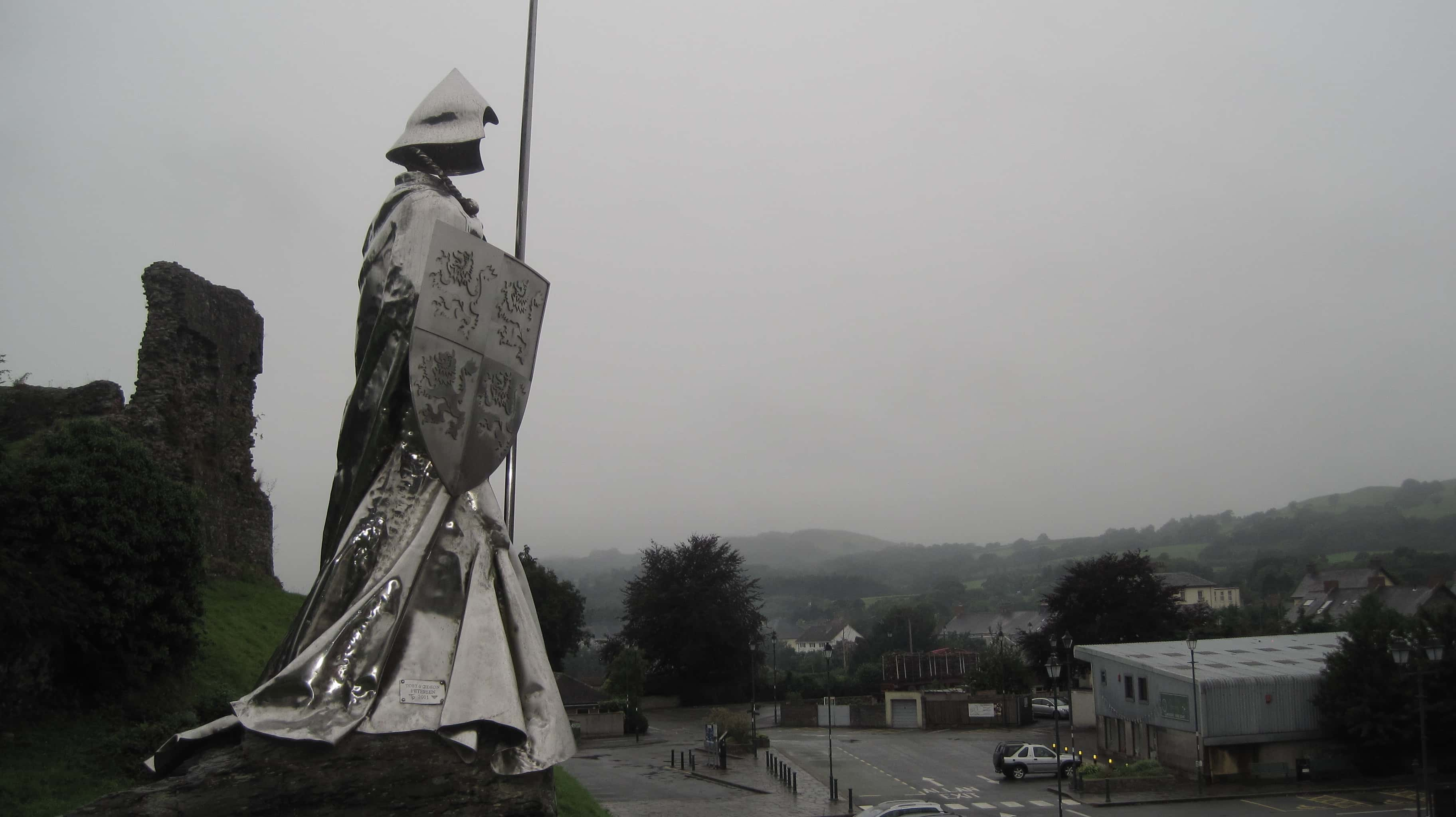 Wikimedia Commons, Llywelyn2000
Wikimedia Commons, Llywelyn2000
11. Minor Civil Conflict
After a cushy upbringing, Edward's life changed forever with the outbreak of the Second Barons’ War in 1264. Widespread famine across England, coupled with Edward's father trying to raise taxes on his cash-strapped barons, led to a lot of resentment against the royal family. The troubles became especially personal when one of Henry III's biggest opponents, Simon de Montfort, married the king's sister without asking his permission.
Tensions finally erupted. Montfort emerged as the leader of the barons who insisted on curbing Henry’s royal power. Edward, naturally, fought for his father, as it was his future inheritance at risk.
12. Talk About BFFs
As a child, one of Edward’s closest companions was his cousin, Henry of Almain. They grew up together, and when the second conflict with the barons broke out, Almain sided with Edward against Simon de Montfort (who was technically their uncle by marriage by that point). Sadly, as Almain would eventually learn, being close with Edward Longshanks was a dangerous position to be in.
13. Chaaarge
The Battle of Lewes was the first major clash in the Second Barons’ War. At first, it seemed like a foregone conclusion that Edward Longshanks and his father would win; their forces outnumbered the rebellious barons’ army by two to one—but a lot can happen on the battlefield. Early in the fighting, Edward led a cavalry charge that broke part of the enemy’s flanks and caused a partial retreat.
Victory seemed assured—but then Edward made a fatal mistake.
14. Know When to Fold Them
Edward let his hubris get the best of him and chased the retreating enemy. This left his father and their infantry unsupported. By the time Edward returned to the main battle, Henry III was in retreat. Everything fell apart from there, and by the time the fighting stopped, the Barons had captured both father and son.
15. Not a Bad Redemption!
The Barons eventually released Henry, but they held onto Edward to ensure his father would do as they told. It seemed as though the royals' cause was lost—but Longshanks was not a man to be trapped in a cage. He escaped captivity, rejoined his father, and the conflict started up anew.
16. Love and Marriage
When Edward was 15, his father was worried that the Kingdom of Castile in central Spain would invade his territory in Gascony. To prevent this, Henry III arranged for his son and heir to marry Eleanor, the daughter of Castile’s king. This seems like the textbook medieval political marriage—but Edward and Eleanor had something special.
By all accounts, the couple cared deeply for each other, and they kept a very close bond throughout their relationship. Eleanor followed her husband on the Crusades and actively advised him once he became king.
17. Trouble in Paradise
Eleanor was intelligent and driven, and Edward was smart enough to listen to her advice on political matters. But this was 13th-century England, so people saw their relationship as a sign of weakness in the king. A king who actually listens to a woman? Preposterous!
18. In the Name of God
As a young man, Edward was already becoming the brutal, bloodthirsty warrior he’d become—and there was only one place for someone like that in the 13th century: the Holy Land. Edward took the crusader’s cross in a dramatic ceremony in 1268 and began preparations for the hard journey to the Middle East.
19. The Enemy of My Enemy
It turns out, a religious conflict is a good way to bring people together. Along with his brother and his close friend Henry of Almain, some of Henry’s worst enemies took the cross with him. The Earl of Gloucester, who’d fought against Edward and his father in the Second Barons’ War, let bygones be bygones and joined the Holy War.
20. Gimme Gimme
Traveling is expensive today, so you can imagine how bad it was in the Middle Ages. Sure, Edward and his noble buddies were rich, but they still didn’t have nearly enough cash to get them to the Holy Land. Nothing was going to stop them, however, so they went to desperate lengths to make it happen. Edward got Parliament to agree to an unheard of tax to pay for the Crusade.
Every English citizen had to give up 1/20th of all their possessions to finance Edward's journey. People weren't exactly happy about it, but it's hard to argue with a prince who says he needs it to fight God's battle.
21. Small Forces
Edward didn't sail south with a massive army, ready to bring the Muslim empires to heel. He sailed with fewer than 1,000 men. What can we say, what he lacked in manpower, he made up in gumption.
22. What Now
With his relatively small force, Edward Longshanks was really relying on the help of Louis IX of France. The French king shared Edward's passion for the Crusade—and he had a lot more men to back it up. But before Edward had even made it to the front, disaster struck. Louis suddenly succumbed to the plague while waiting for the Englishmen to arrive.
23. To the Death...
Most sane people would have thrown in the towel, but not Edward. When he heard of Louis' passing, he only became more determined, saying: "By the blood of God, though all my fellow [servicemen] and countrymen desert me, I will enter Acre...and I will keep my word and my oath to the death".
 Braveheart, Paramount Pictures
Braveheart, Paramount Pictures
24. The Best Laid Plans
Finally, in 1271, Edward made it to the Holy Land, but things did not go as planned. Unsurprisingly, his paltry 1,000 men did little to change the tide of the conflict. Edward focused on defending the Christian stronghold of Acre. He attempted a few raids in the hopes of eventually retaking Jerusalem from the Muslim armies, but to no avail.
Then one day, as if things couldn't get any worse, Edward suddenly found himself desperately fighting for his life.
25. Dark Messages
In June 1272, just over a year after Edward Longshanks arrived in Jerusalem, he opened negotiations with one of the Muslim Emirs. What he didn't realize was...the whole thing was a ruse. A man came to Edward's door, claiming to be a messenger of the Emir, sent there on secret business. However, as soon as Edward let the man in the door, he suddenly lunged at the future king with a dagger in his fist.
26. Assassins!
The Emir's messenger turned out to be a member of the Order of Assassins—the same secret society that appears in the Assassin's Creed video game series. Edward managed to fight the man off before knocking him out for good with a stool. But the threat wasn't over yet...
27. Poisonous Touch
The assassin's dagger turned out to be poisoned, and Edward had been struck twice—once on the arm and once on the forehead. His wounds quickly festered, and he only survived thanks to the quick work of his surgeon. Legend always told that his wife Eleanor sucked the assassin's poison out of his wounds—but we're going to go ahead and say even if she did that, the surgeon was probably still the one to thank.
28. Take Your Time
While fighting his failing Crusade, Edward received utterly devastating news from back home in England. His beloved father had passed. Though Henry III was, in the end, a disastrous king, Edward still cared for him deeply, and the loss hit him hard. Edward began plans to return to England to claim the crown—but he didn't exactly rush. He made his way back at a leisurely pace, and didn't arrive until two years later.
29. He's Our Guy
Why did Edward take his sweet time going home? Well, for one reason, there wasn't any huge rush. You'd think that if the king passed on while his heir was thousands of miles away, there would have been plenty of usurpers ready to take the throne. Not this time. Edward was a legend by this point—a fearsome crusader and the exact kind of king the people wanted after his ineffectual father.
The instant that Henry III croaked, the English nobles pronounced Edward king, and everyone sat around patiently waiting for Longshanks to return.
30. Time to Drain the Swamp Properly!
Following his father's chaotic reign, Edward put through sweeping changes in England's government once he took power. First, he fired nearly all the local officials of the day and replaced them with his own men. Next, he launched a crackdown on corruption that reached every corner of England. His father's weakness had left the country in disarray, and Edward planned on bringing it to heel.
31. Phase Two, Sucker!
The Welsh hero Llywelyn ap Gruffudd used the anarchy of the conflict with the barons to secure power for himself. He supplied the Barons' forces while securing a strong position for himself in Wales. He even forced Henry III to recognize him as its lawful ruler. But Edward was not like his father. Once he became king, he set about teaching the Welsh a painful lesson. He declared Gruffudd to be a rebel and invaded.
32. Sealing the Deal, Medieval-Style
After a bloody campaign, Edward Longshanks finally forced Llywelyn ap Gruffudd to kneel. Gruffud acknowledged Edward as his king, and in return, Gruffudd married Edward’s first cousin, Eleanor de Montfort. On a positive note, the marriage between Gruffudd and Monfort was by all accounts a very happy one, despite the concessions Gruffudd had to make in order for it to happen.
33. Can The Departed Sue for Defamation?
By far the most famous film portrayal of Edward is in the 1996 historical epic Braveheart. Irish actor Patrick McGoohan portrays Longshanks as a sinister tyrant (somewhat true) who is also a "pagan" (not true at all—Edward was a Christian). Given the film’s historical inaccuracy, we can only imagine how Edward’s ghost reacted to the claim that he met his end while listening to William Wallace screaming "FREEDOM!"
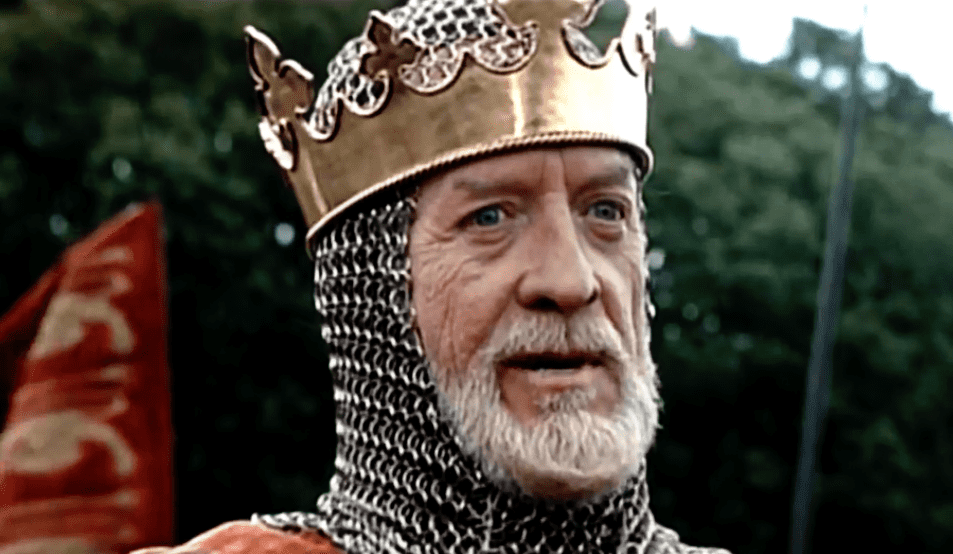 Braveheart ,Paramount Pictures
Braveheart ,Paramount Pictures
34. It’s not the Taj Mahal, but It’ll Do
In 1290, Edward Longshanks faced the most painful tragedy yet. His beloved wife and queen, Eleanor of Castile, perished after a painful illness. Overborne with grief, Edward ordered a series of twelve memorial crosses to be erected in her honor—one at each of the places her body stopped on its journey back to London. Though only three of these survive today, they are still known as "Eleanor crosses" and can be found at Geddington, Hardingstone, and Waltham Cross.
The final cross was actually placed at what's now London's Charing Cross Station. The name "Charing Cross" is a modern corruption of its original name, "Chere Rein," or Dear Queen Cross.
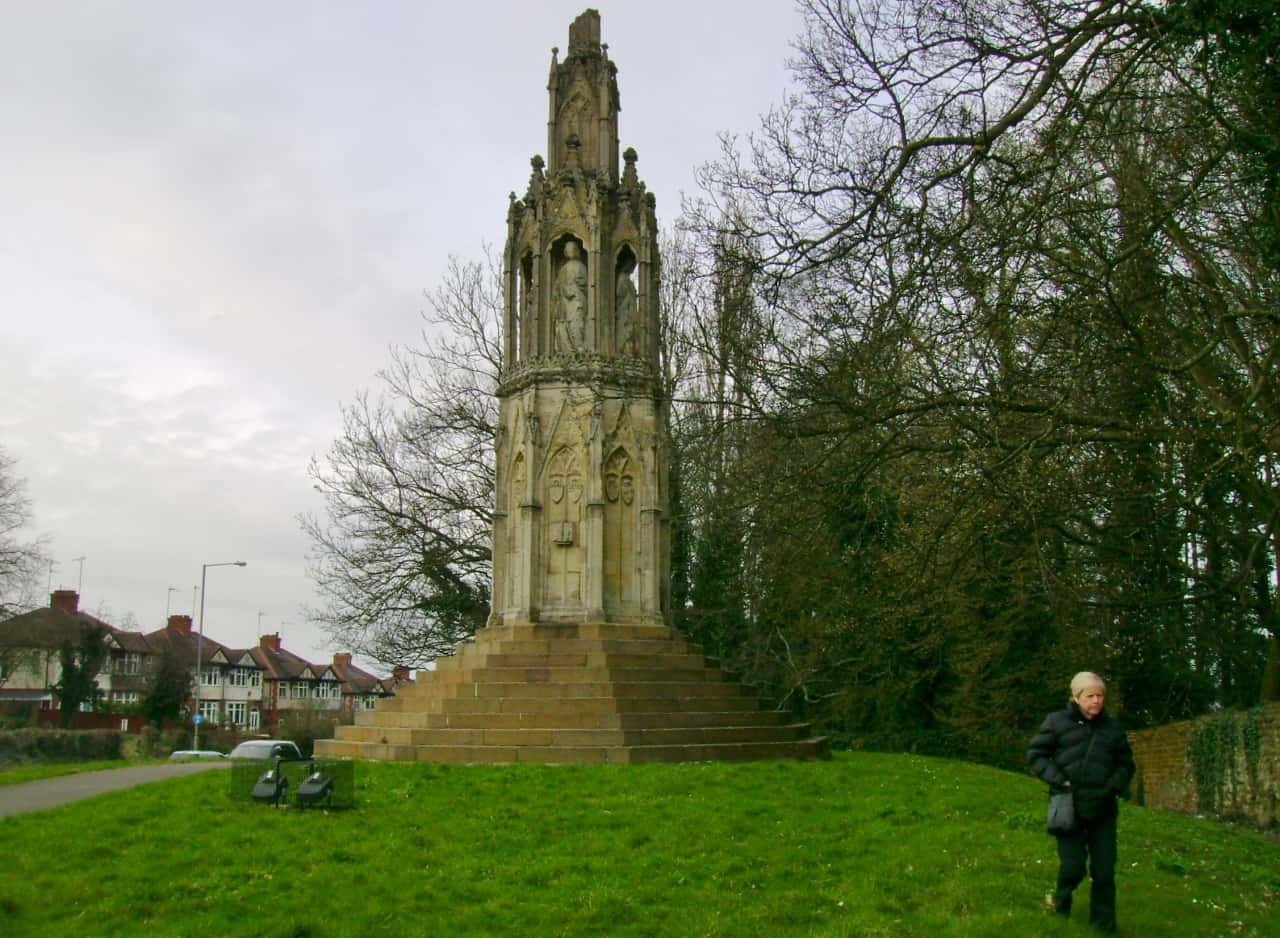 Wikimedia Commons, Peter Broster
Wikimedia Commons, Peter Broster
35. More Problems to Solve
Despite Edward’s devastation at his wife Eleanor’s demise, there were issues he couldn’t ignore. He was down to just one living son, and his conflict with Scotland showed no sign of abating any time soon. As a result, Edward turned to the powerful kingdom of France. By 1291, Edward arranged for a match between his own son, Edward of Carnarvon, and Blanche, the sister of King Philip IV.
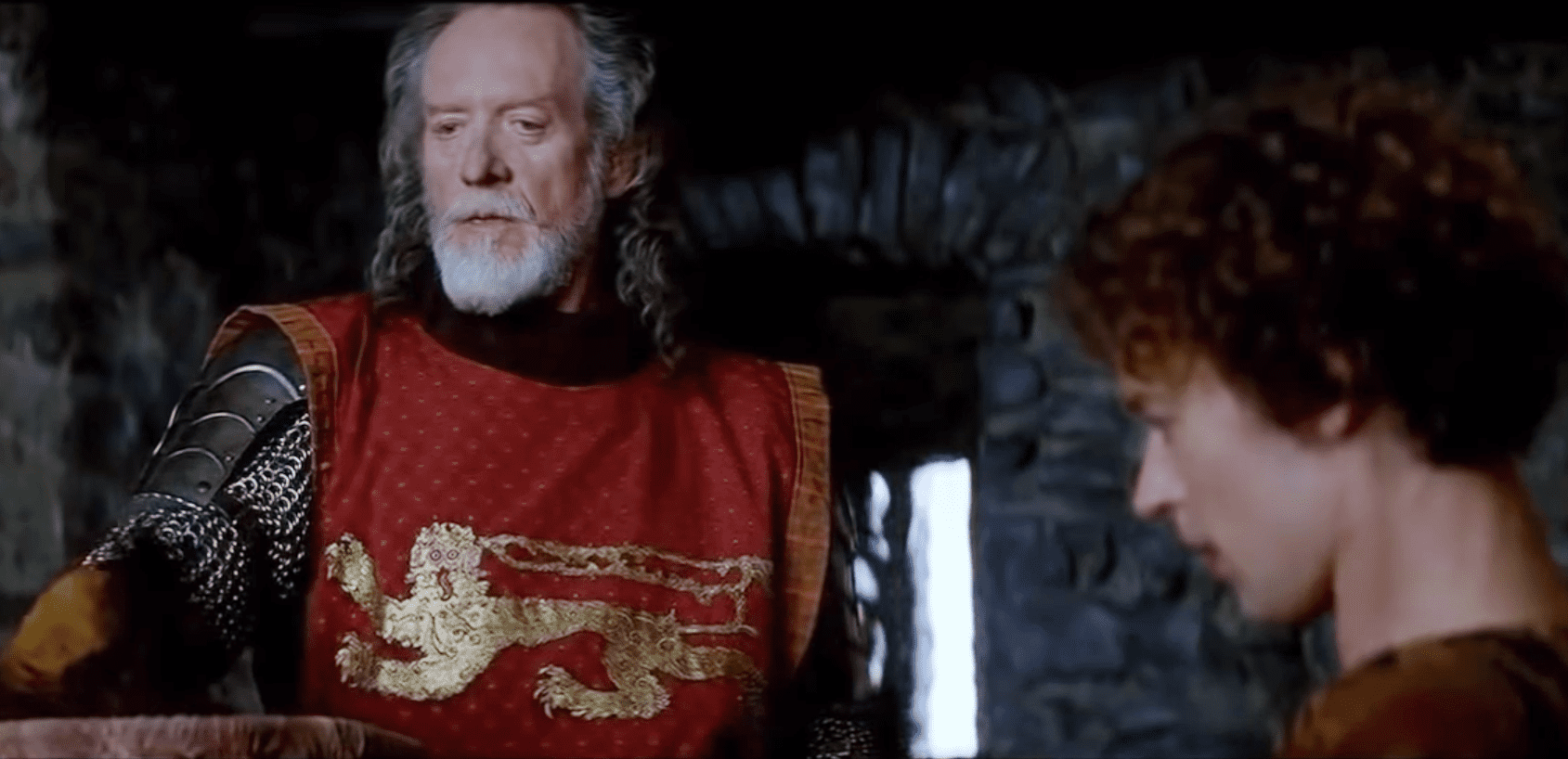 Braveheart ,Paramount Pictures
Braveheart ,Paramount Pictures
36. You’re Kidding!
As politically savvy as it was, the marriage arrangement between Edward’s son and heir to the King of France’s sister was a catastrophic failure. It seemed as though everything was in place—until the day a furious Edward learned it was all a sham. The famously beautiful Blanche was already engaged to marry someone else. When the ruse came to light, the King of France offered another sister, Margaret, as a consolation prize.
In an act of irony, this attempt at political alliance resulted in Edward taking up arms against France for the insult!
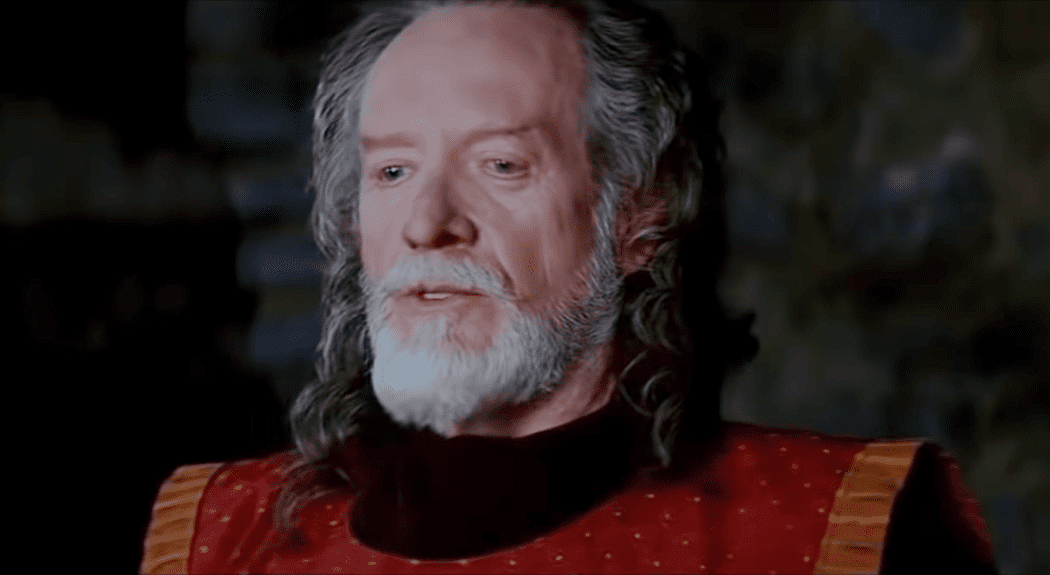 Braveheart ,Paramount Pictures
Braveheart ,Paramount Pictures
37. Double Wedding
It took the Pope to stop England and France from going at it. Pope Boniface VIII negotiated a truce between the two countries, we assume by telling the two petulant kings to get a grip. To bury the hatchet once and for all (or at least, until the Hundred Years War), they arranged for Edward to marry Margaret of France (keep in mind that she was over 40 years younger than him). Meanwhile, his son would marry King Philip IV’s daughter, Isabella.
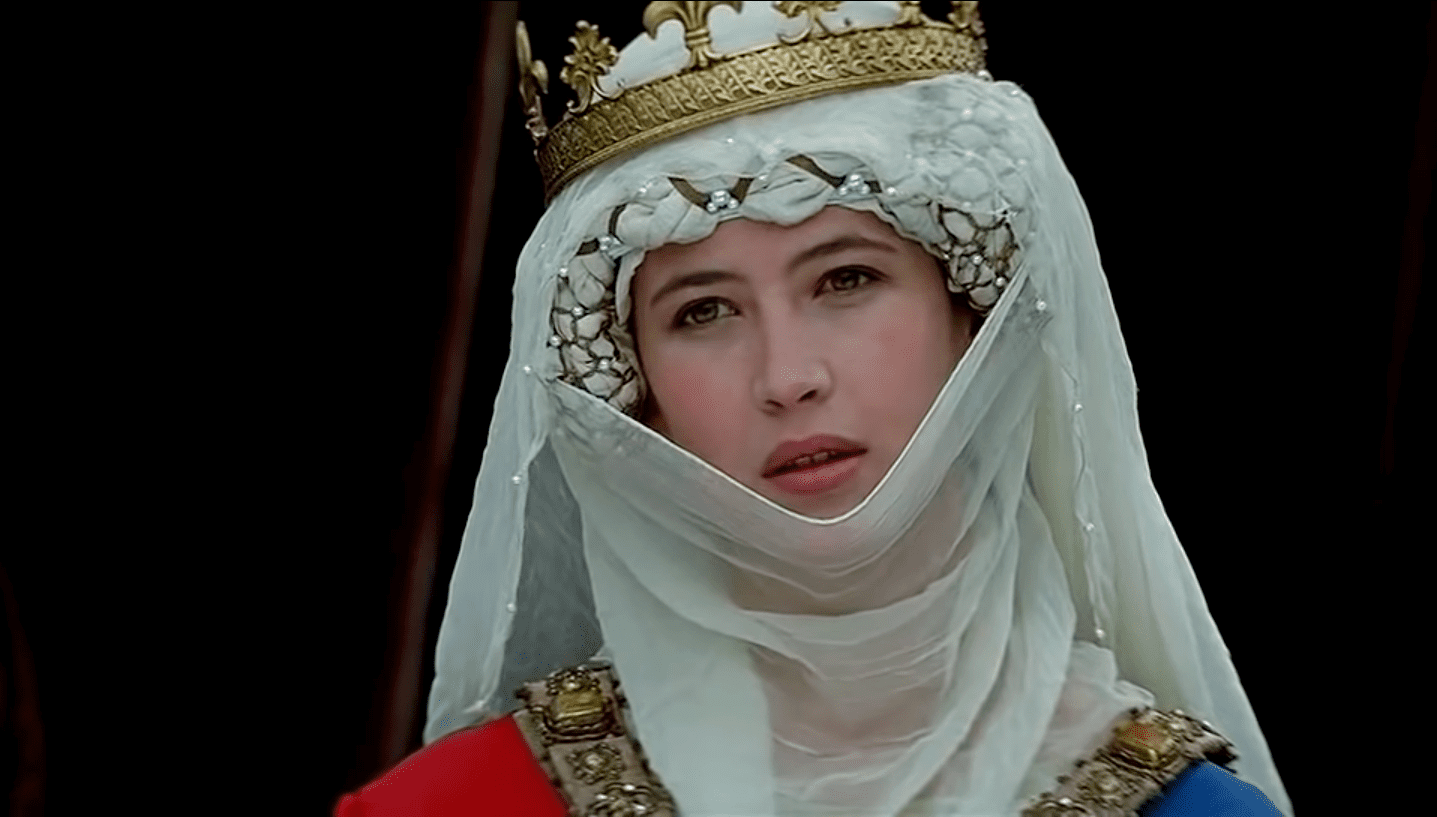 Braveheart ,Paramount Pictures
Braveheart ,Paramount Pictures
38. I Thought I was the Hero!
It didn’t take long for people to write about Edward. As far back as 1593, George Peele released a play titled The Famous Chronicle of King Edward the First. While the story places Edward in the morally righteous position of uniting Great Britain under one banner, it still offers a very sympathetic look at his Welsh enemies, portraying them as heroic outlaws fighting for freedom.
Even a story that sided with Edward couldn’t help but make him look like a total jerk.
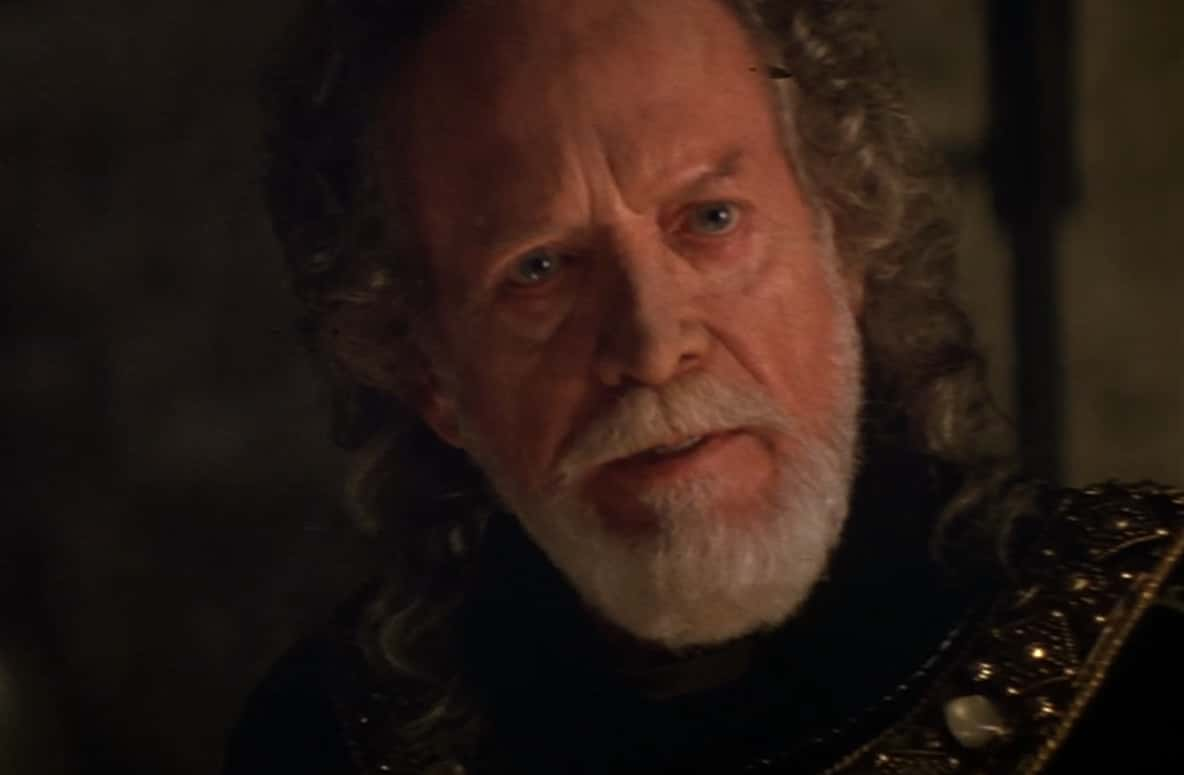 Braveheart, Paramount Pictures
Braveheart, Paramount Pictures
39. Anti-Semite King
Jews had never had an easy time living in Medieval England—but Edward made it so much worse. Jews had been oppressed by the Christian power structure for many years, yet a number of them had still managed to prosper. Once it was Edward’s boot on their necks, he pressed harder. As part of his campaign against usury, Edward had hundreds of Jews executed before passing a decree that expelled all Jews from England.
Typically, he made sure that they left all their wealth and property behind for him to take.
40. It was a Terrible Time
Edward’s expulsion of English Jews in 1290 AD lasted a very long time. The Edict of Expulsion (as it was called in Parliament) wasn’t undone until 1656 by Oliver Cromwell. That’s around 366 years, in case you weren’t sure.
41. Why Sure I’ll Settle This!
Despite the fact that he's known as "The Hammer of the Scots" today, Edward Longshanks first ventured north at the invitation of the Scots themselves! Scottish king Alexander III had perished without a male heir, leaving his granddaughter, a child in Norway, his successor. This led to such contention among the Scottish nobles that they invited Edward to come to Scotland and arbitrate a smooth transition of power.
Let's just say, the transition was anything but smooth.
42. That was a Fast Coup!
As you can imagine, Edward gleefully took advantage of the invitation to arbitrate the Scottish monarchy. He declared himself to be the Lord Paramount of Scotland before supporting John Balliol as a puppet king whom he could easily control. Believe it or not, the Scottish nobles weren't exactly happy with the arrangement, and they undermined Balliol at every turn.
At this point, Edward decided it was time to take matters into his own hands...
43. This is Mine Now
After John Balliol turned out to be a disappointing puppet king, Edward was fed up. He marched north and crushed Scottish resistance at the Battle of Dunbar. Then, after exiling Balliol, Edward took the Stone of Destiny, one of the most legendary artifacts of Scottish lore. This rough-hewn stone block was used to crown Scottish kings, so Edward found the perfect way to send a message.
He took the Stone back to England and had it set into his own throne. There it would sit for over 700 years—the English didn't return the artifact to Scotland until 1996.
44. Embrace Your Softer Side
Edward’s second wife, Margaret, followed in the footsteps of her predecessor, Eleanor. She followed her husband on his campaigns and bore him several children—but unlike Eleanor, she actively softened his image and actions. There were so many cases of Margaret convincing her husband to be merciful or lenient to those who angered him that the phrase "Pardoned solely on the intercession of our dearest consort, Queen Margaret of England" came into regular use.
45. Busy Father
We don't know exactly how many children Edward Longshanks had, but we can definitely say the king got busy. At least 17 kids could call him "Dad". Of those children, only three sons and three daughters outlived their father, including his son and heir, the man who became Edward II.
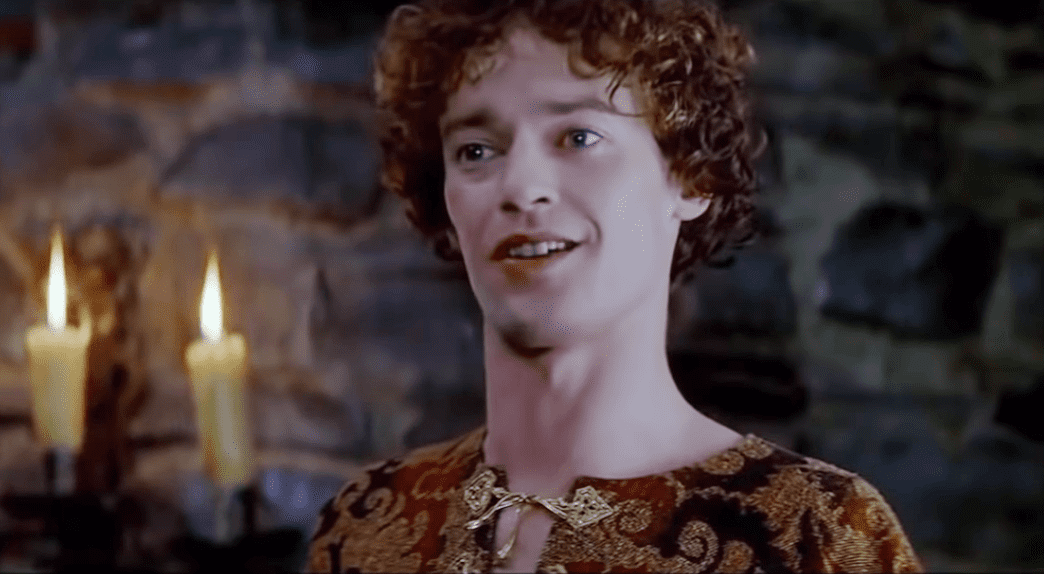 Braveheart ,Paramount Pictures
Braveheart ,Paramount Pictures
46. The Fall of Wales
Remember when Llywelyn ap Gruffudd bowed down to Edward and married his cousin? I hope you didn't think that was the end of their conflict. Just five years later, many of Gruffudd’s subjects rebelled, and Gruffudd felt there was no choice but to support his people into battle. It was already a bad situation—but then a terrible tragedy made things even worse.
Gruffudd's beloved wife, and his connection to the English throne, perished suddenly that same year.
47. Sending a Message
Edward saw all of this as his chance to settle things once and for all. From 1282 to 1283, the English overran Wales. Edward was not known for his leniency—and his wrath was brutal. He executed Gruffudd, executed or captured his family, and put an end to Welsh independence. The Welsh have never come close to sovereignty again.
48. Heads Will Hang
When Gruffudd was finally gone, Edward had his severed head sent back to London, where it was put on a pike and displayed at the Tower of London, a grim reminder of Edward's triumph.
49. The Ring of Iron
After defeating Gruffudd once and for all, Edward decided he was sick of the Welsh rising up against him. He undertook an unprecedented castle-building project, and soon Wales was spotted with formidable English castles. The Ring of Iron, as these castles were called, kept Wales firmly in Edward's grasp.
50. Stay Out
Since he'd finally crushed Welsh resistance, Edward Longshanks set about colonizing the region with English citizens. He founded several English towns, surrounded them with towering walls, and banned any Welsh men or women from living in them.
 Braveheart, Paramount Pictures
Braveheart, Paramount Pictures
51. Longstanding Traditions
Edward at least made some attempt to make the Welsh feel like they were a part of the family. He made sure that his son Edward (later King Edward II) was born in Wales. He also made his son the first ever Prince of Wales—a tradition that continues to this day.
52. French Flakes
William "Braveheart" Wallace's conflict against the English peaked with a great victory at Stirling Bridge in 1297, followed by a massive raid on northern England. At the time, Edward was campaigning in France, which had formed an alliance with the Scots years before. But Wallace's days were numbered. Edward settled his disputes with the French and returned to Britain, ready to make a horrifying example of the Scottish rebel.
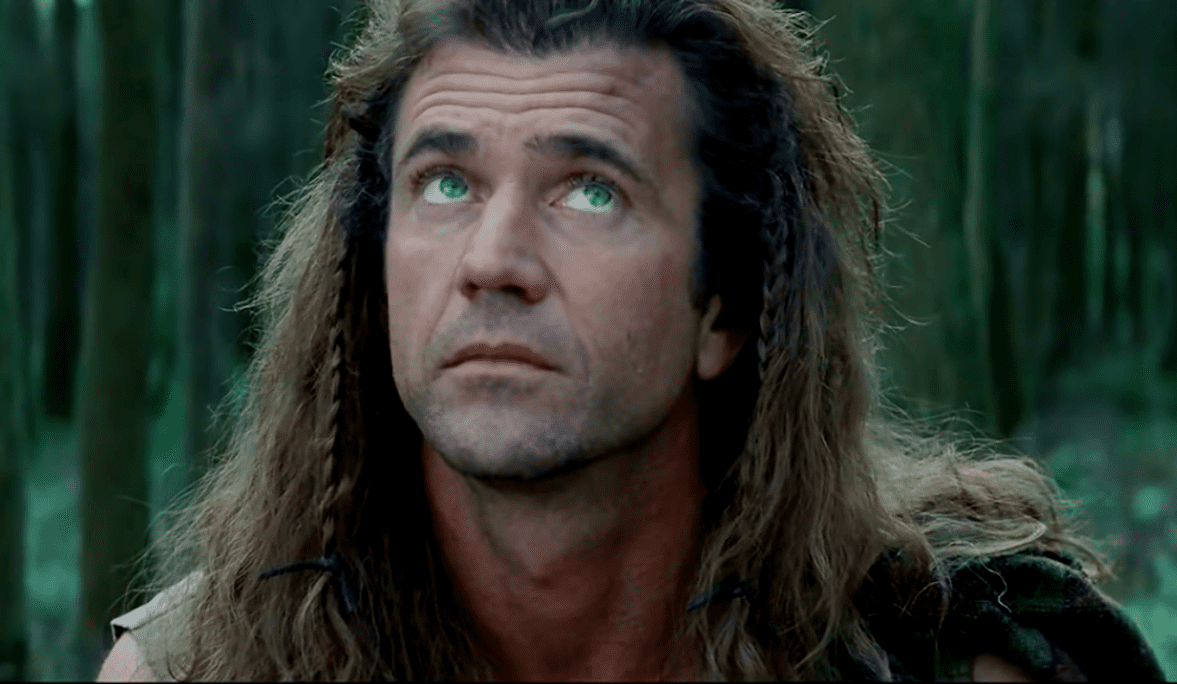 Braveheart ,Paramount Pictures
Braveheart ,Paramount Pictures
53. The General and the King
The one time that Edward and William Wallace engaged in combat was the Battle of Falkirk in 1298. Despite Wallace’s earlier successes, he was now facing 15,000 forces under Edward’s command with only 6,000 Scottish warriors. Contrary to the wild melee that was portrayed in Braveheart, Wallace ordered his infantry into four blocks of men, bristling with long spears to deter Edward’s cavalry.
Wallace’s archers and cavalry, however, were not as lucky, and they broke under a combination of English heavy cavalry and Welsh longbowmen. Even the heavy infantry of Wallace’s forces was overcome by said longbowmen. Finally, Wallace's luck had come to an end.
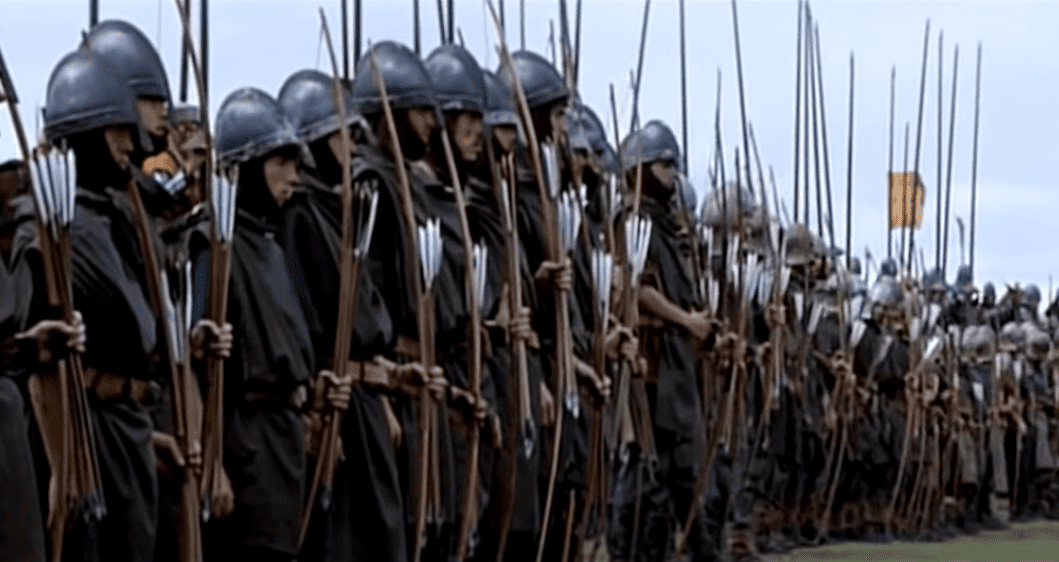 Braveheart ,Paramount Pictures
Braveheart ,Paramount Pictures
54. A Brutal End
The Battle of Falkirk broke Wallace’s power in Scotland. While he himself was able to flee from Edward’s men, he’d lost a third of his forces on the battlefield. He would never command a large army against England again, living as an outlaw for the next few years. Finally, in 1304, the English captured Wallace, whereupon he was brought to London undressed while being dragged behind a horse—but that was just the start of the nightmare.
He was subsequently drawn, quartered, castrated, beheaded, and dismembered. Next, Edward had his various body parts hung across England as a warning to any further Scottish rebellion.
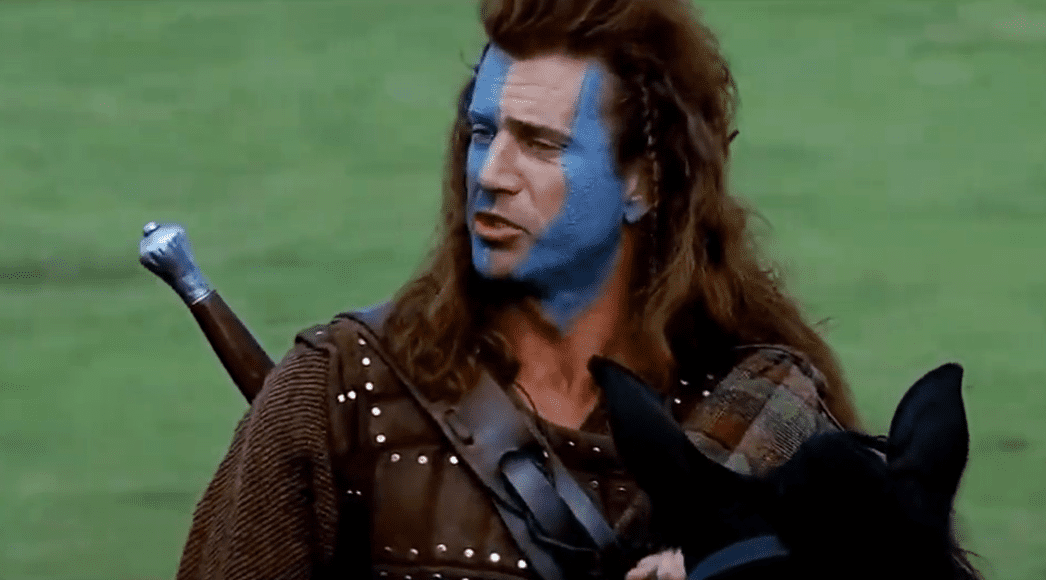 Braveheart ,Paramount Pictures
Braveheart ,Paramount Pictures
55. Don’t Tell Me What to Do!
Pretty much nobody liked the way Edward Longshanks constantly messed around in Scottish affairs. In fact, Pope Boniface VII actually had to issue a papal bull insisting that Edward leave Scotland alone. But, in case you couldn't tell by now, Edward didn't exactly care what people think. He completely ignored all the criticism and continued his rampage up north.
56. Drag Me to War
Edward likely believed in the old Spartan adage "Come home with your shield or on it". Even when he was on the Grim Reaper's door, he refused to admit defeat. On his final army campaign in Scotland, Longshanks insisted on coming along. He tried to ride at first, but he was so weak that he could only make it two miles per day. After, he was carried north on a horse litter, determined to show the Scots that he still had some fight left in him.
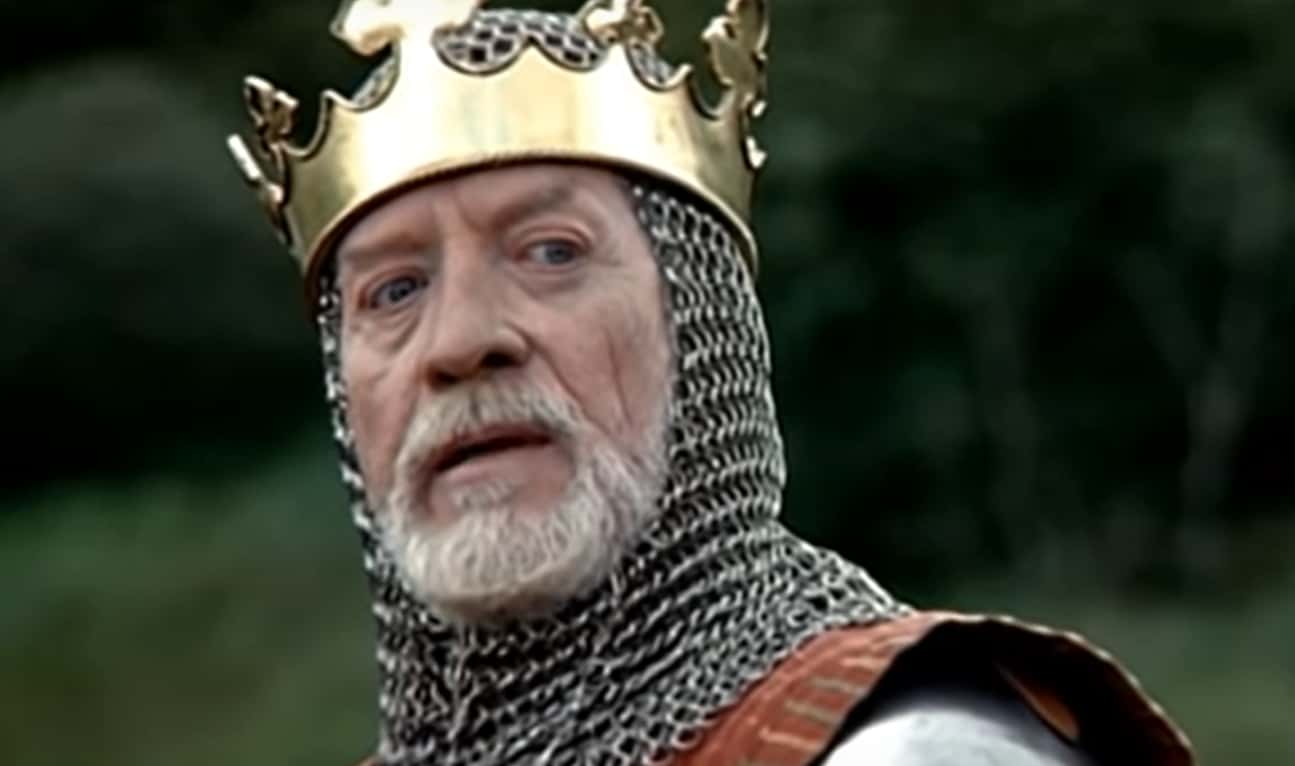 Braveheart, Paramount Pictures
Braveheart, Paramount Pictures
57. Long Live The King
Edward seemed destined for a violent end on the battlefield—but like so many people in his time period, his end was far less dramatic. During his campaigns in Scotland, Edward developed a serious case of dysentery and perished a feeble old man. On the last morning he ever saw, his servants had to lift him up out of his bed to feed him, and he passed on in their arms. He was 68 years old.
58. Scotland, Take My Bones
According to legend, Edward had two specific demands about what to do with his remains. He wanted his heart cut out and brought to the Holy Land, and he wanted his bones to be carried into battle against the Scots.
59. Four to One
Longshanks Longshanks is officially called Edward I, but he originally planned for a different name. Even though he was the first Edward since the practice of numbering English kings began, Longshanks wanted to be called Edward IV, a nod to the Anglo-Saxon kings who had ruled before him. For unknown reasons, however, he was outvoted and ended up going as Edward I.
60. Happy Accident
Despite the fact that he was such a brutal and domineering tyrant, Edward's reign actually increased the power of the English Parliament. Before Edward, the meeting of Parliament was actually a pretty rare occurrence. However, his constant army campaigns required a lot of taxation, which meant that Parliament had to meet much more often to approve these levies.
61. Respect the Legend
Edward Longshanks was obsessed with the legend of King Arthur. He traveled to sites where Arthur had allegedly been, built his castles based around Arthurian stories, and even held his own Round Table.
62. Keep the Vow
When Edward's sarcophagus was opened in the 18th century, investigators found his body surprisingly well preserved. They also saw a chilling command written on the inside: Edwardus Primus Scottorum Malleus hic est, 1308. Pactum Serva. "Here is Edward I, Hammer of the Scots, 1308. Keep the Vow". Edward had sworn revenge upon Robert the Bruce, the Outlaw King of Scotland, and his final wish was to see the rebel pay for his betrayal. The last phrase referenced Edward's cry for revenge.
63. I Hate Piers!
Longshanks' son Edward II spent an enormous amount of time with his chosen favorite, a young man named Piers Gaveston. Longshanks hated Gaveston so much that he had him banished from England. Later, when the old king was dying, he summoned a number of his noblemen together. On top of demanding that they look after his son when he became king, Edward made one final request: He insisted that they make sure Piers Gaveston was never allowed back to England.
Of course, Edward II would ignore that command and brought Gaveston back basically the second the crown touched his head.
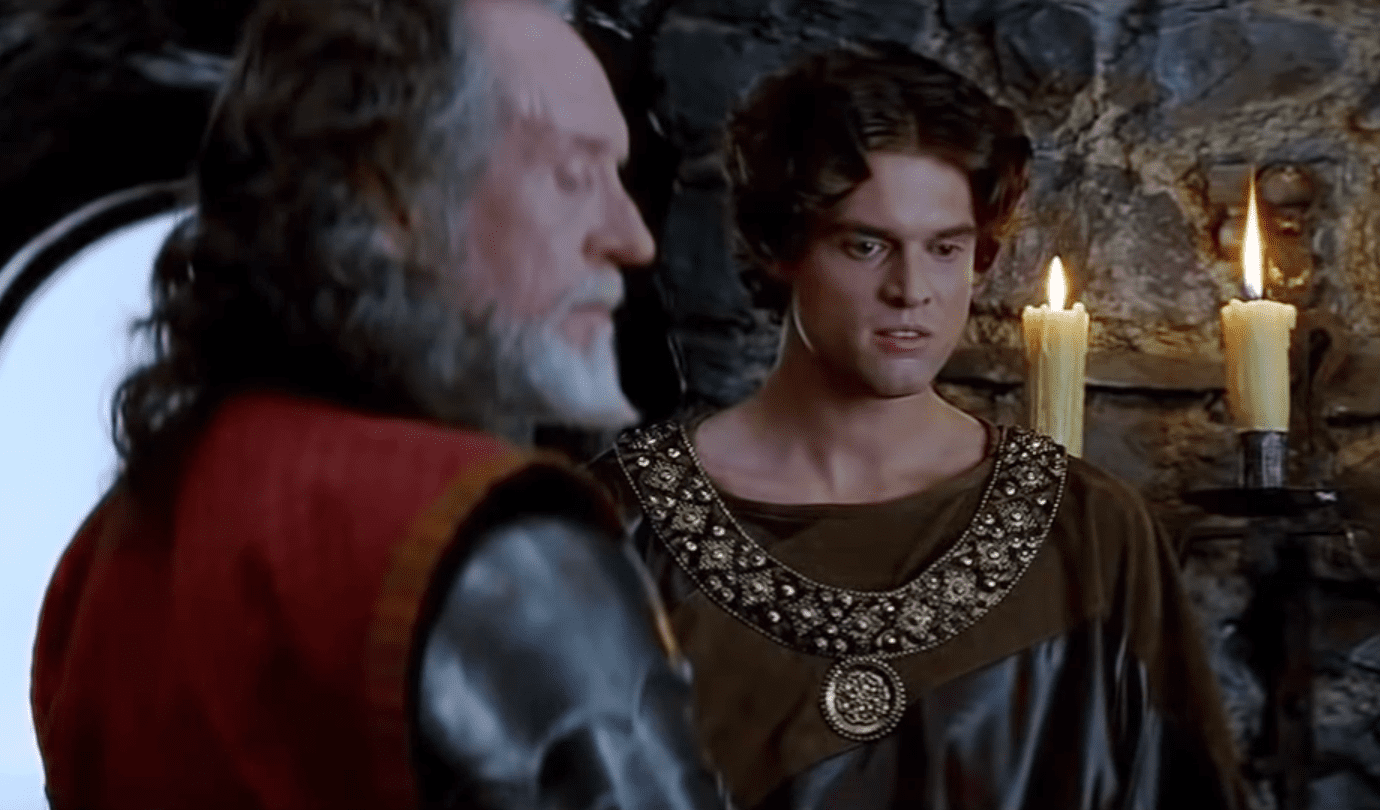 Braveheart ,Paramount Pictures
Braveheart ,Paramount Pictures
64. A Mother's Love
Edward's temper grew more and more violent in his old age. He started taking his fury out on his children, and his beloved wife Margaret did everything she could to shield her young ones from their father's wrath.
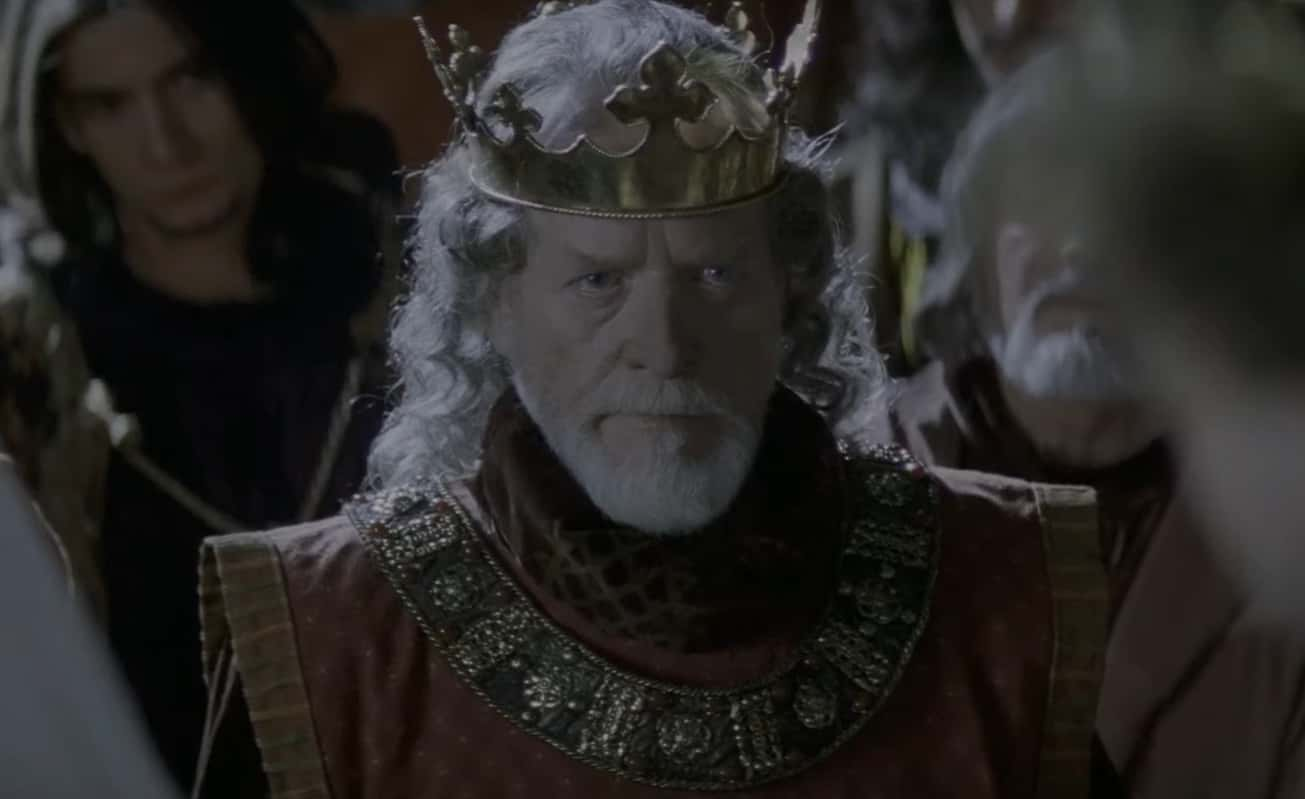 Braveheart, Paramount Pictures
Braveheart, Paramount Pictures
65. Fighting Dirty
Unfortunately, there was only so much Margaret could do to protect her children. When Edward II insisted that his father make the hated Piers Gaveston into an earl, the elder Edward completely lost his mind. He was so infuriated by his son’s demand that he viciously went after Edward II, and even tore clumps of hair from his head!
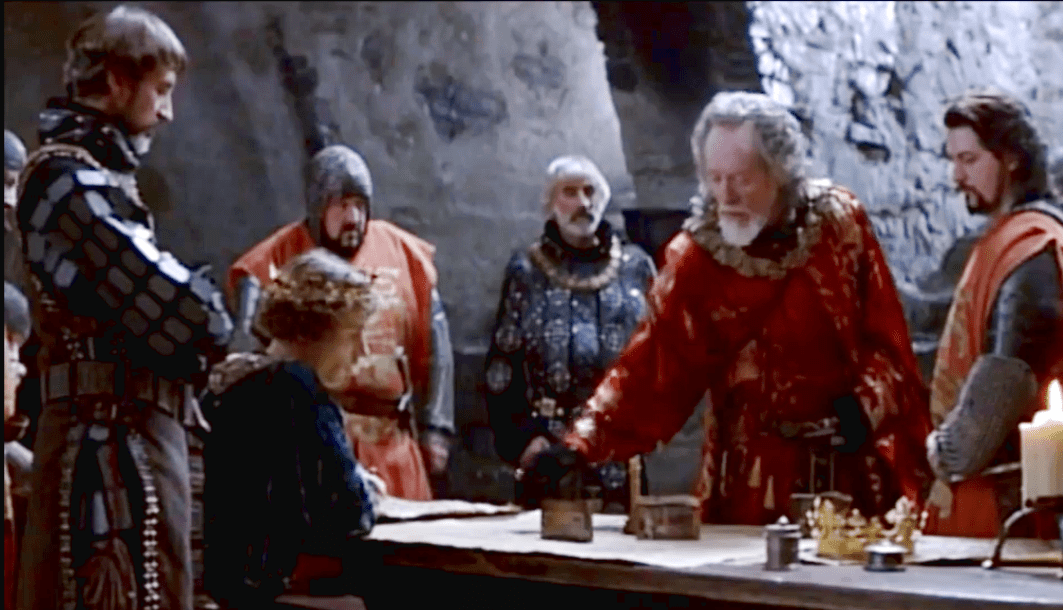 Braveheart ,Paramount Pictures
Braveheart ,Paramount Pictures
66. Be Ruthless
After the demise of William Wallace, King Robert the Bruce took up the role of leader of the rebellion against the English. Unfortunately for Robert’s family, they became a target for Edward’s wrath. Robert's younger brother, Neil, was drawn and quartered by Edward’s forces. It was a horrific end, but if anything, he got off lucky. The women in Bruce's life suffered an even more chilling fate.
Edward had Bruce’s sister, Mary, and his ally, Isabella MacDuff, left suspended in cages for four years.
67. And Now the Rains Weep O’er Montfort’s Halls
Remember Simon de Montfort, one of Edward's first rivals? Don't worry, we didn't forget about him. Edward managed to get his brutal revenge against the traitorous Montfort at the Battle of Evesham in 1265. As before, the royal forces outnumbered the barons, but this time, Edward had taken the high ground in the middle of a thunderstorm. Despite Montfort’s best efforts, the Barons and their army were completely defeated.
What happened next was one of the darkest moments in the history of England.
 Braveheart, Paramount Pictures
Braveheart, Paramount Pictures
68. The End is Nigh
In a chilling premonition, Simon de Montfort realized that he was doomed before his final battle had even begun. As he saw Edward's forces approaching, he uttered these dark words: "Let us commend our souls to God, because our bodies are theirs...they are approaching wisely, they learned this from me".
69. Blood Will Reign
In perhaps the greatest example of his ruthlessness, Edward ignored the tradition of prisoners for ransom after the Battle of Evesham. He preferred to wipe out his enemies on the battlefield, even when they were hoping to surrender. Montfort was forced to watch his son's brutal end before he himself was put to the sword. But Edward wasn't even done yet.
In a final act of spite and vengeance, Edward ordered that Montfort’s body be mutilated; his head, hands, feet, and testicles were all removed from his body. The scene was called "an episode of noble bloodletting unprecedented since the Conquest [of William the Conqueror]".
70. That’s Not Cool…
Although Edward Longshanks had defeated Simon de Montfort, the rebellious Earl’s family struck a final strike against Edward that hit hard. Montfort’s sons, Guy and Simon the Younger, brutally took the life of Henry of Almain, Edward's childhood friend.
Sources: 1, 2, 3, 4, 5, 6, 7, 8, 9, 10, 11, 12, 13, 14, 15, 16, 17, 18, 19, 20




